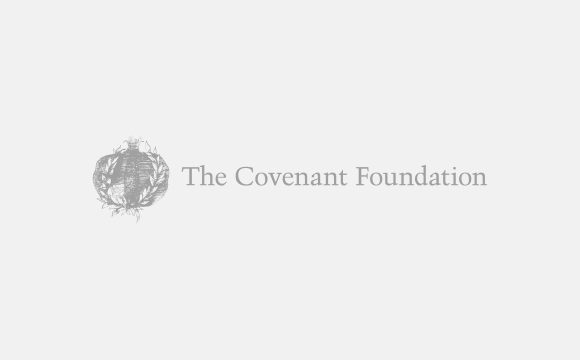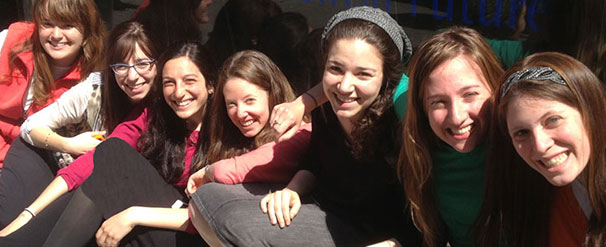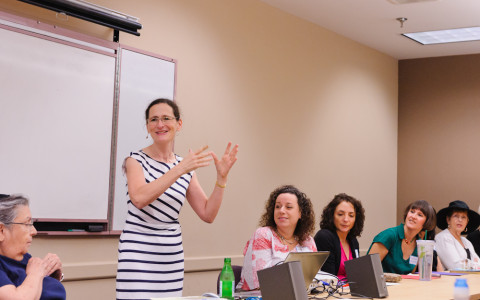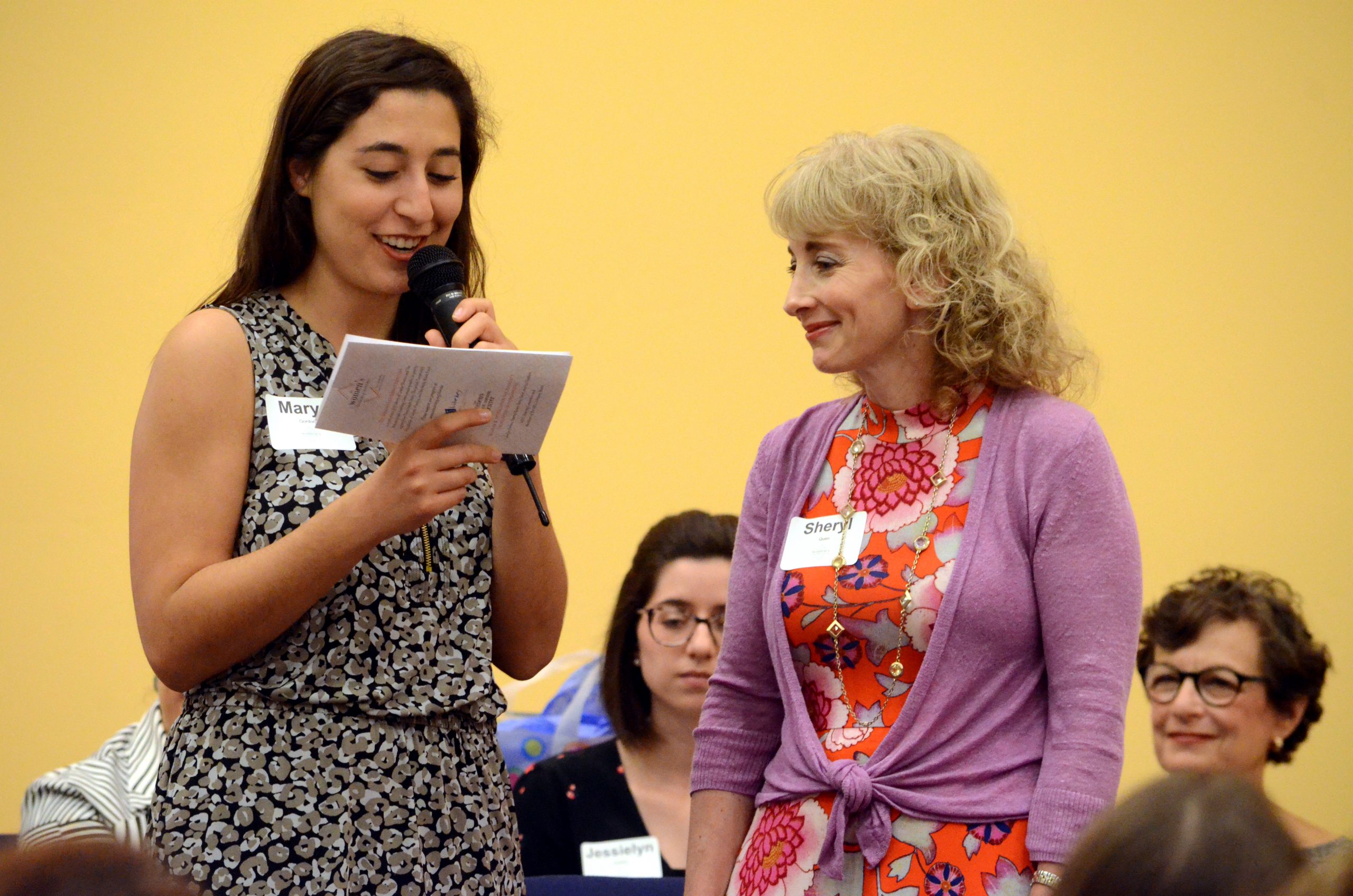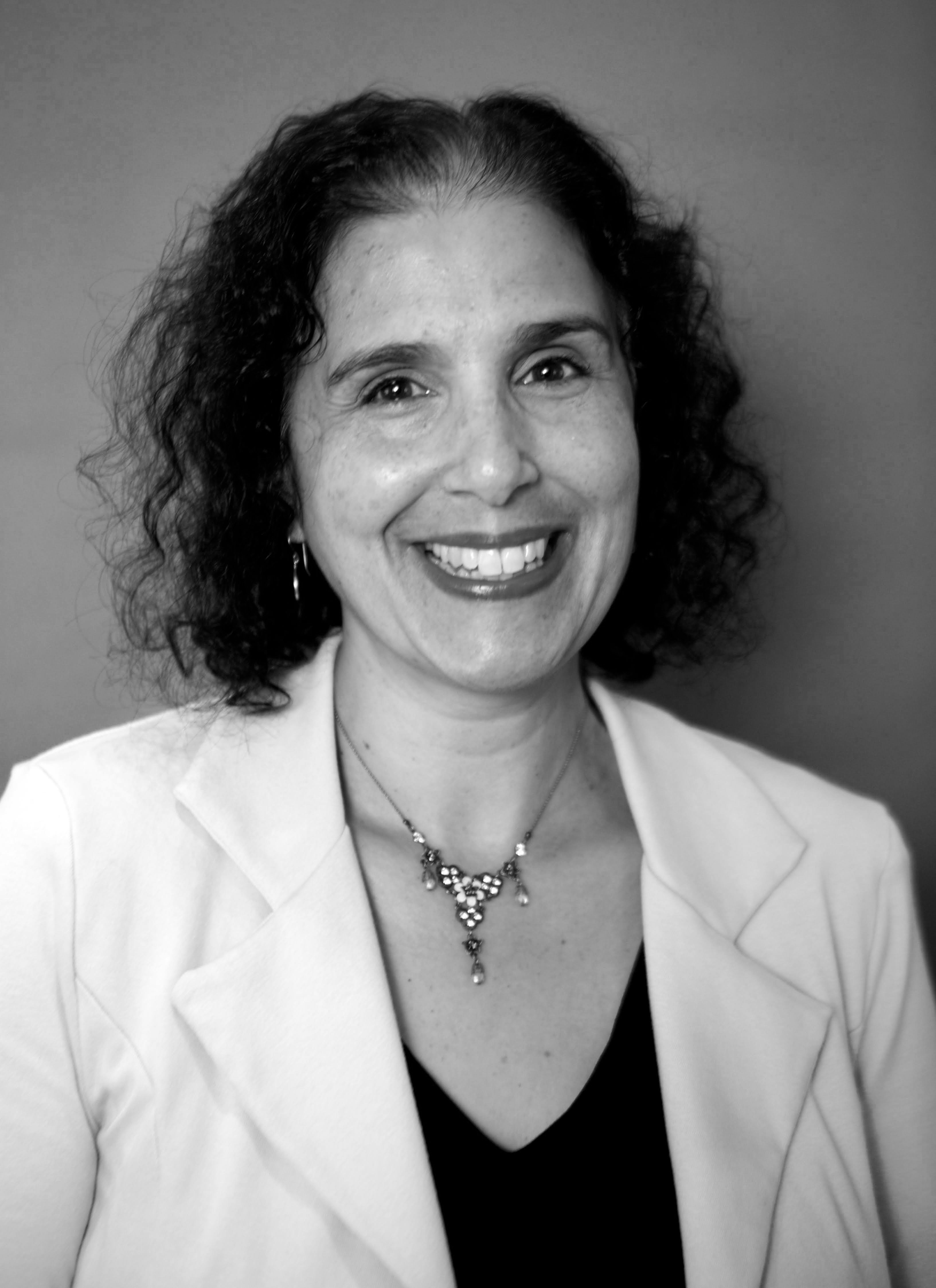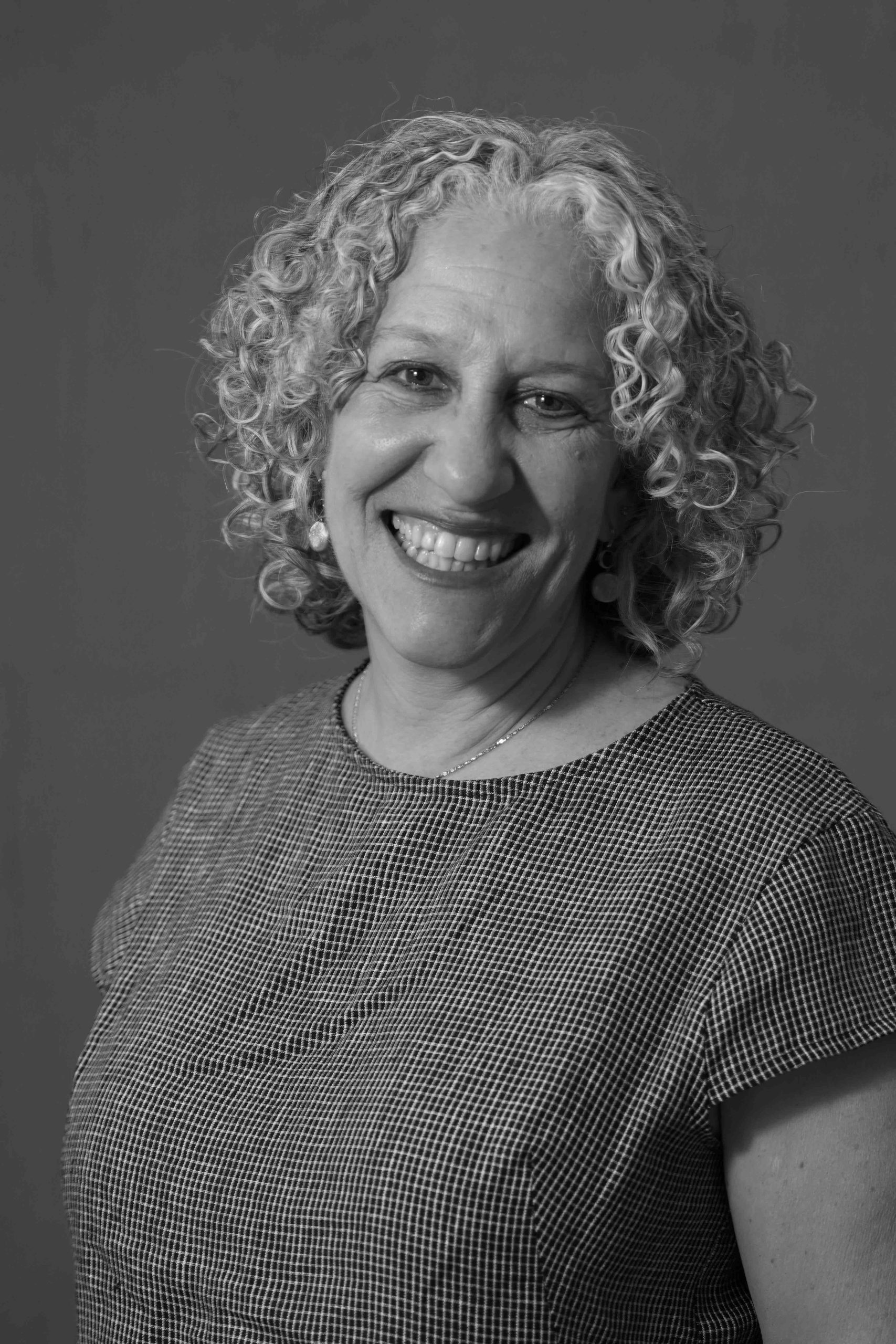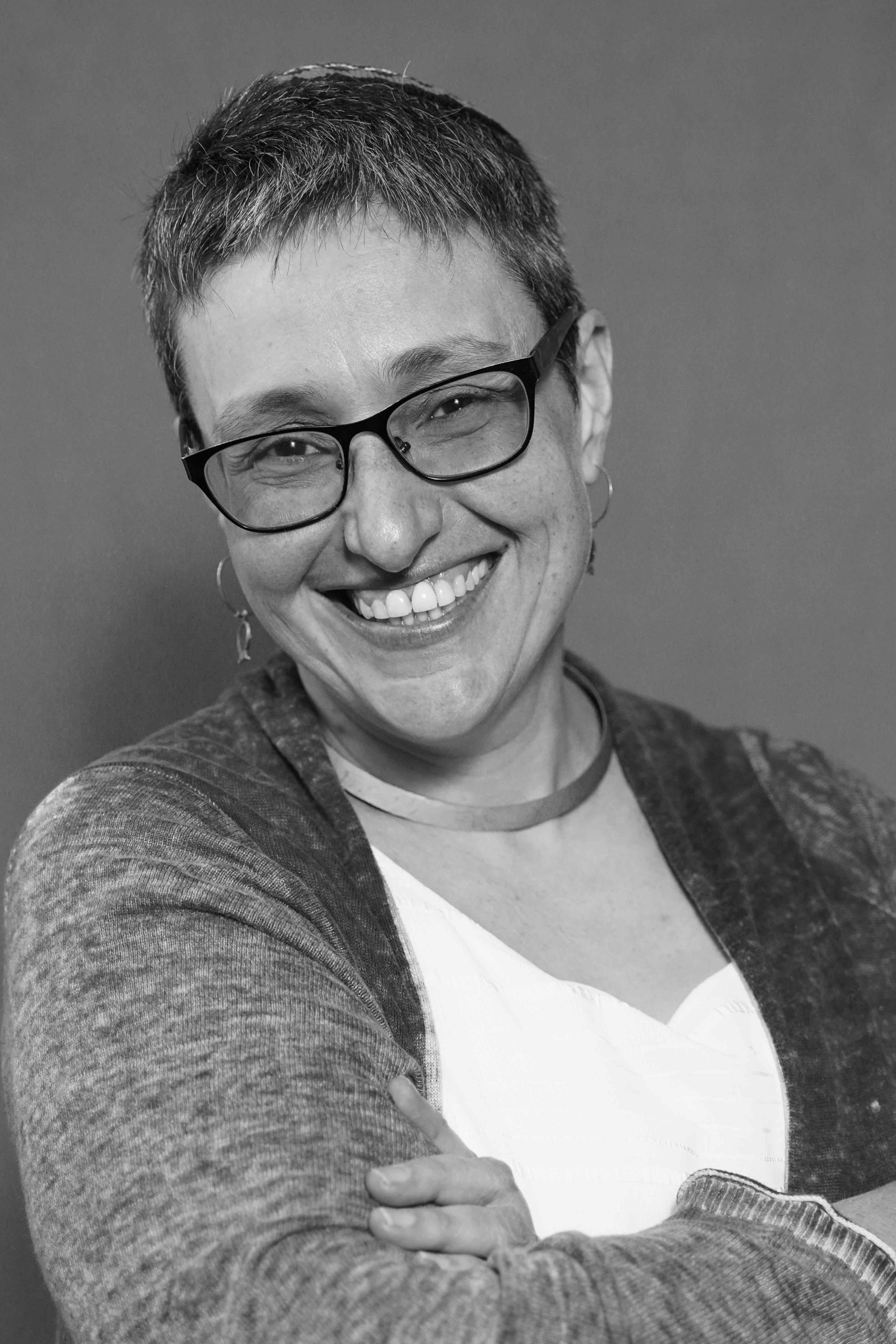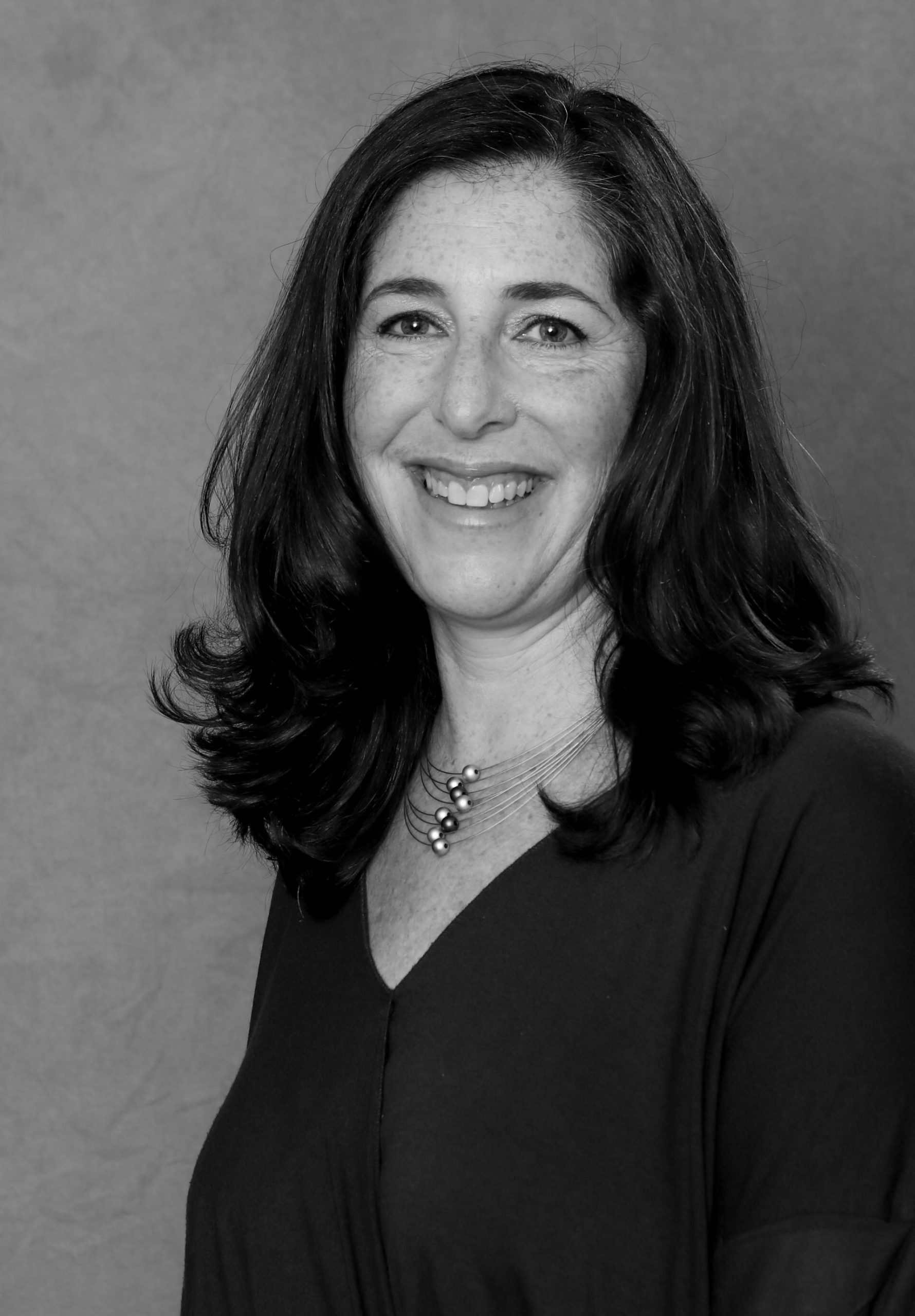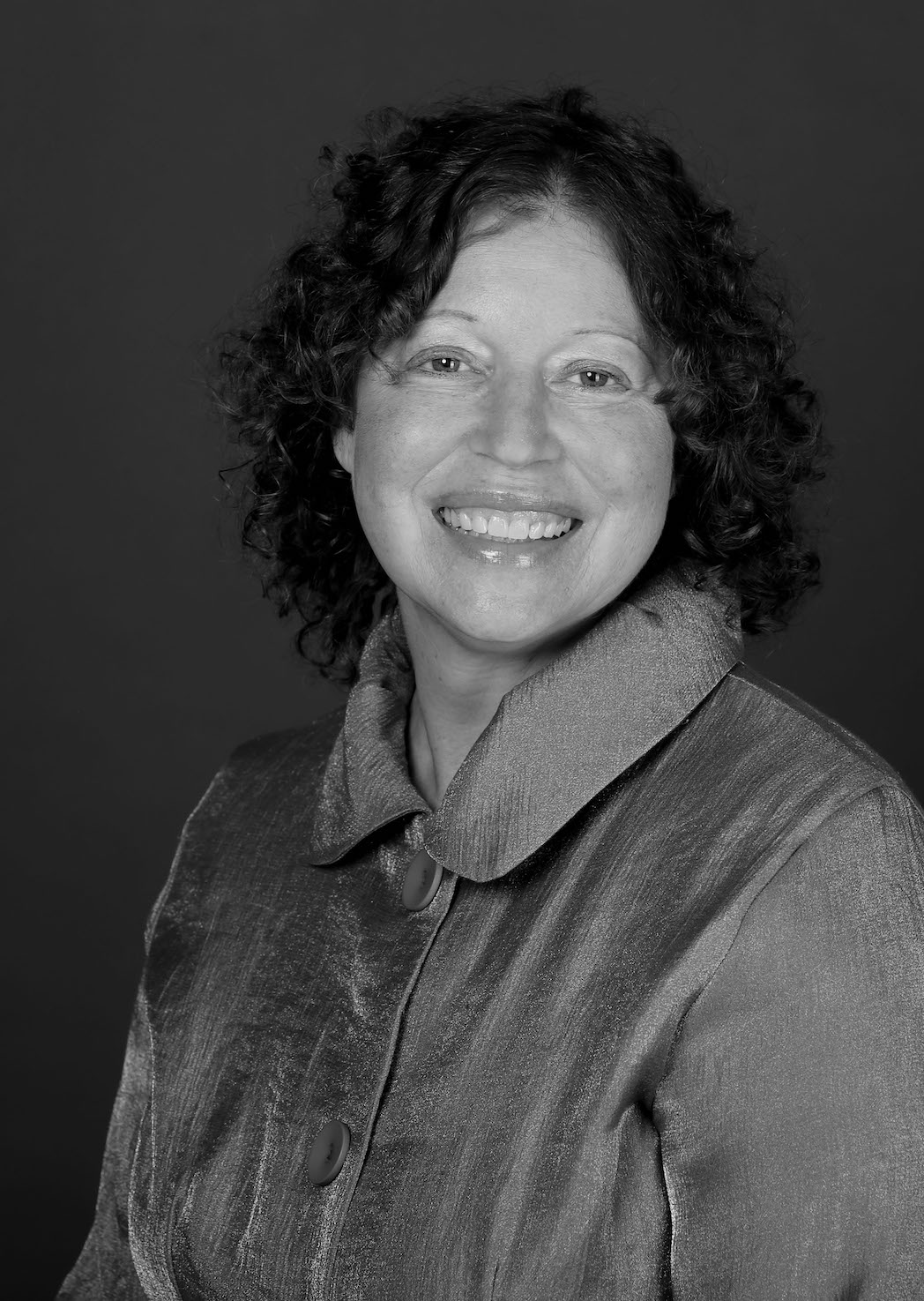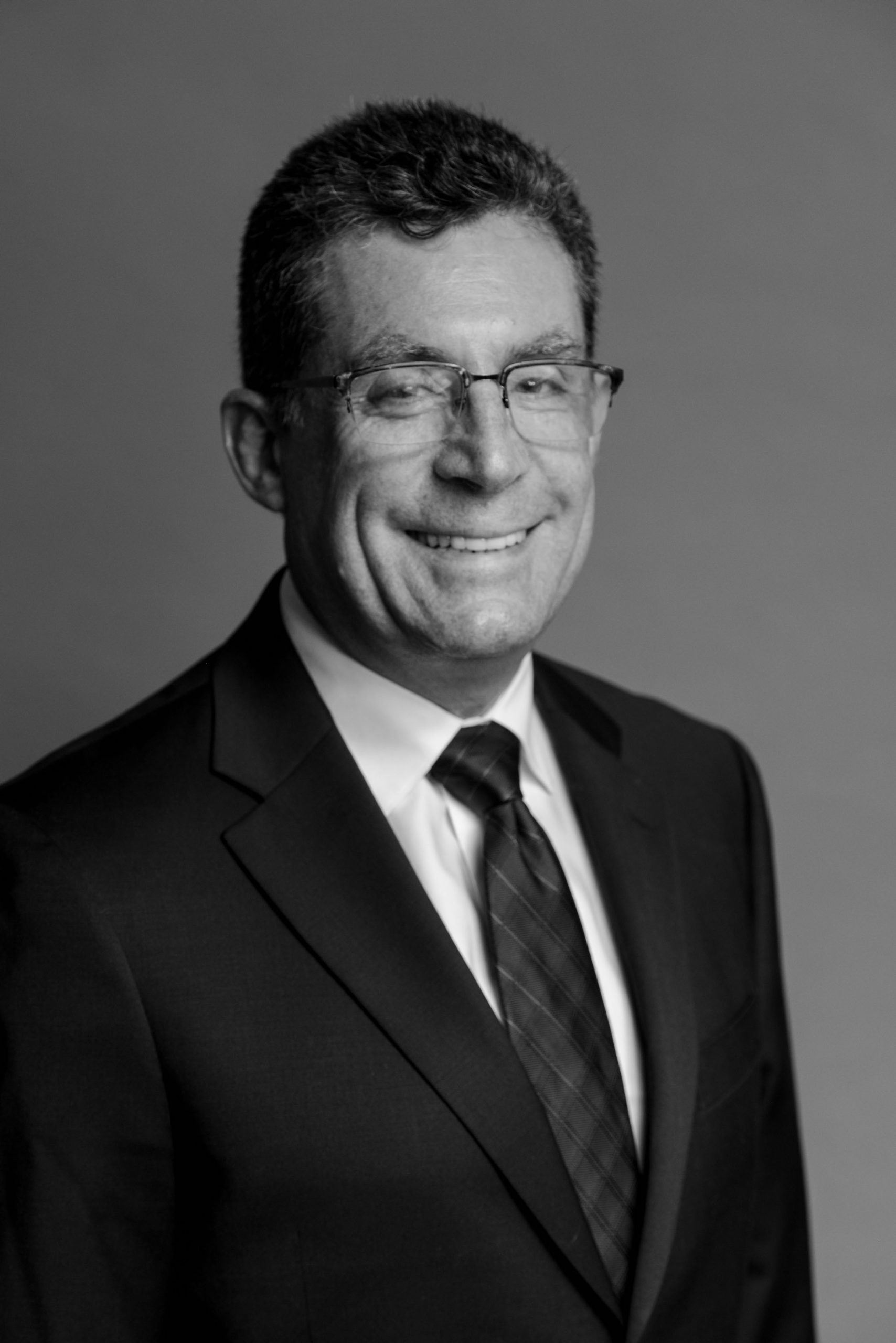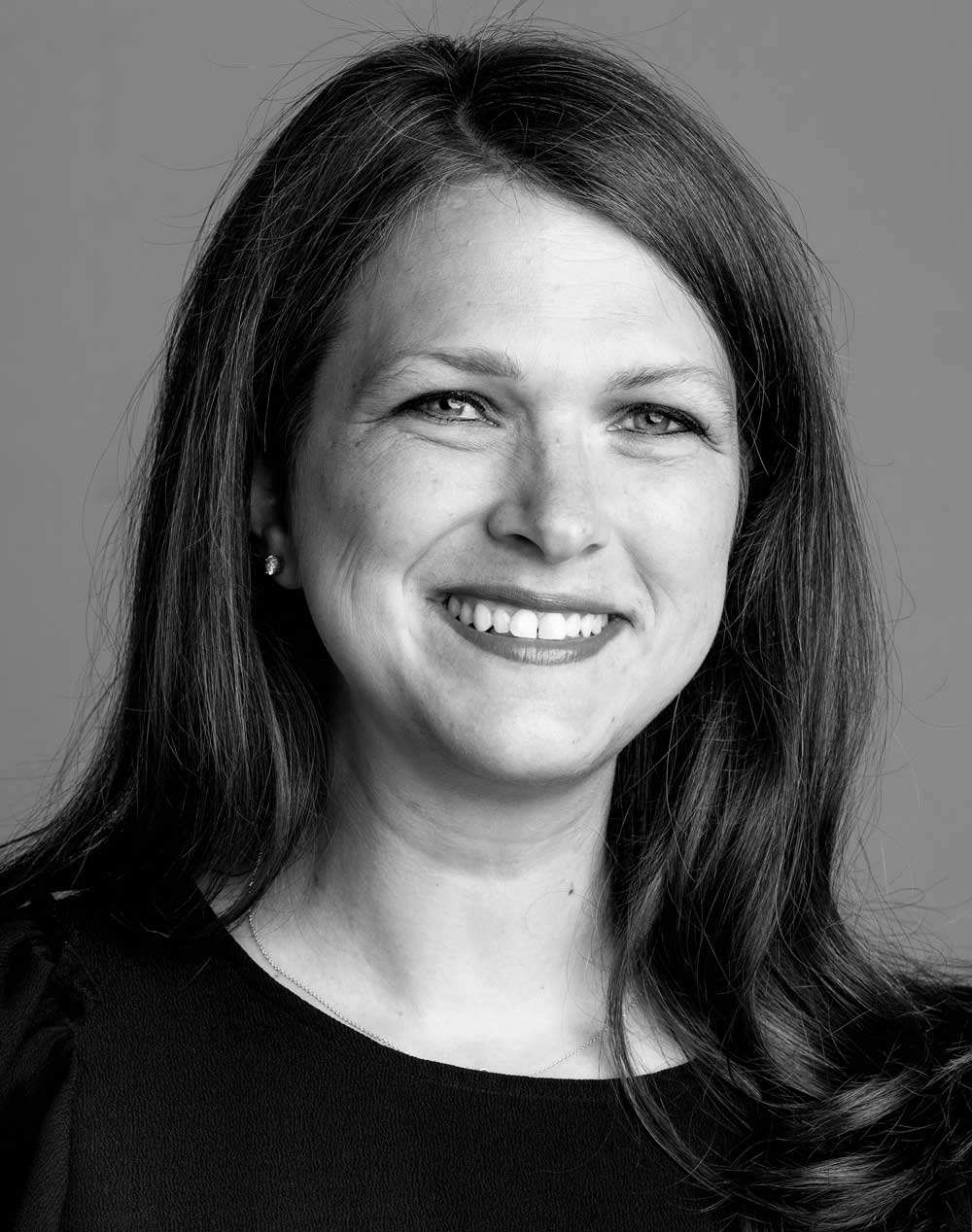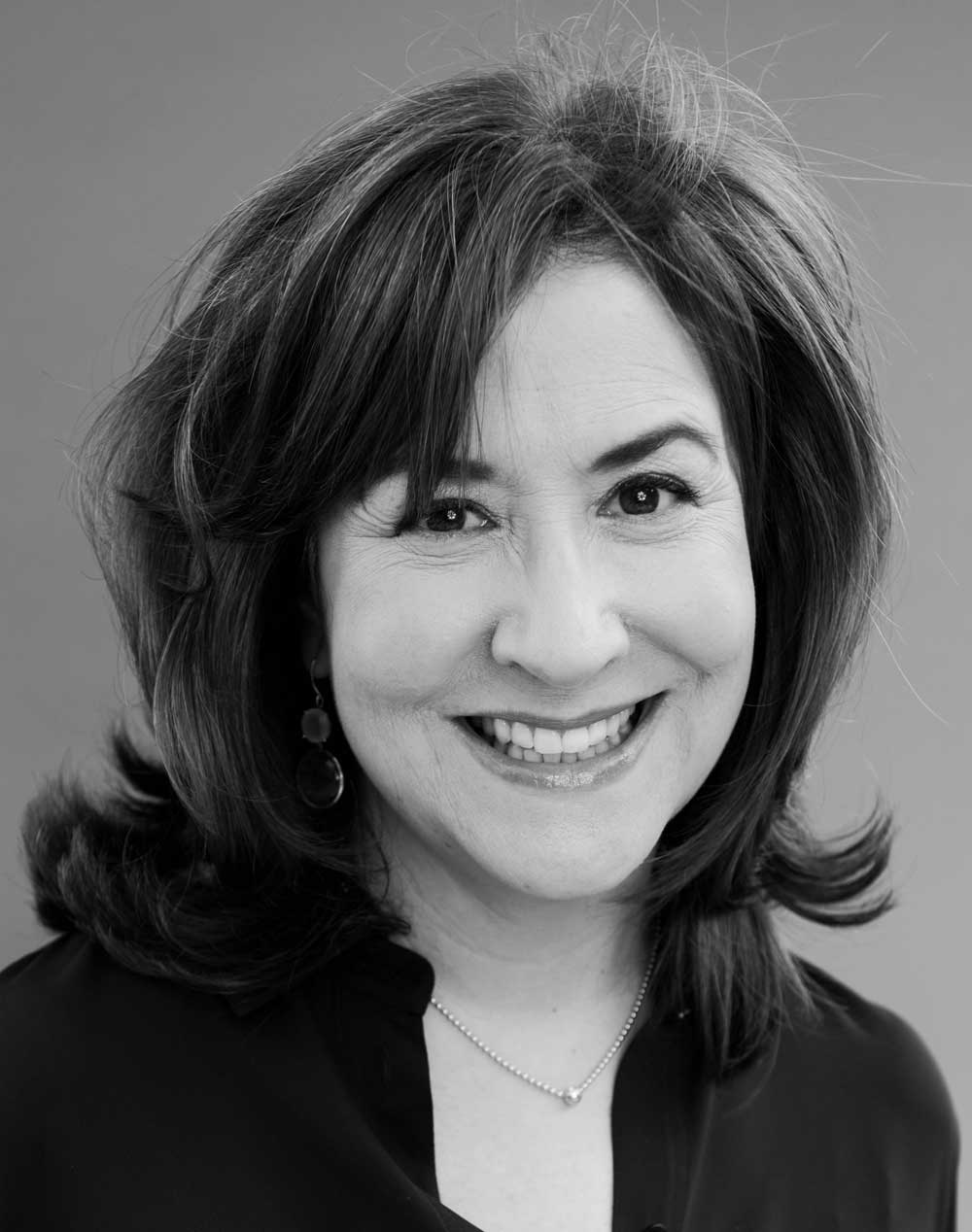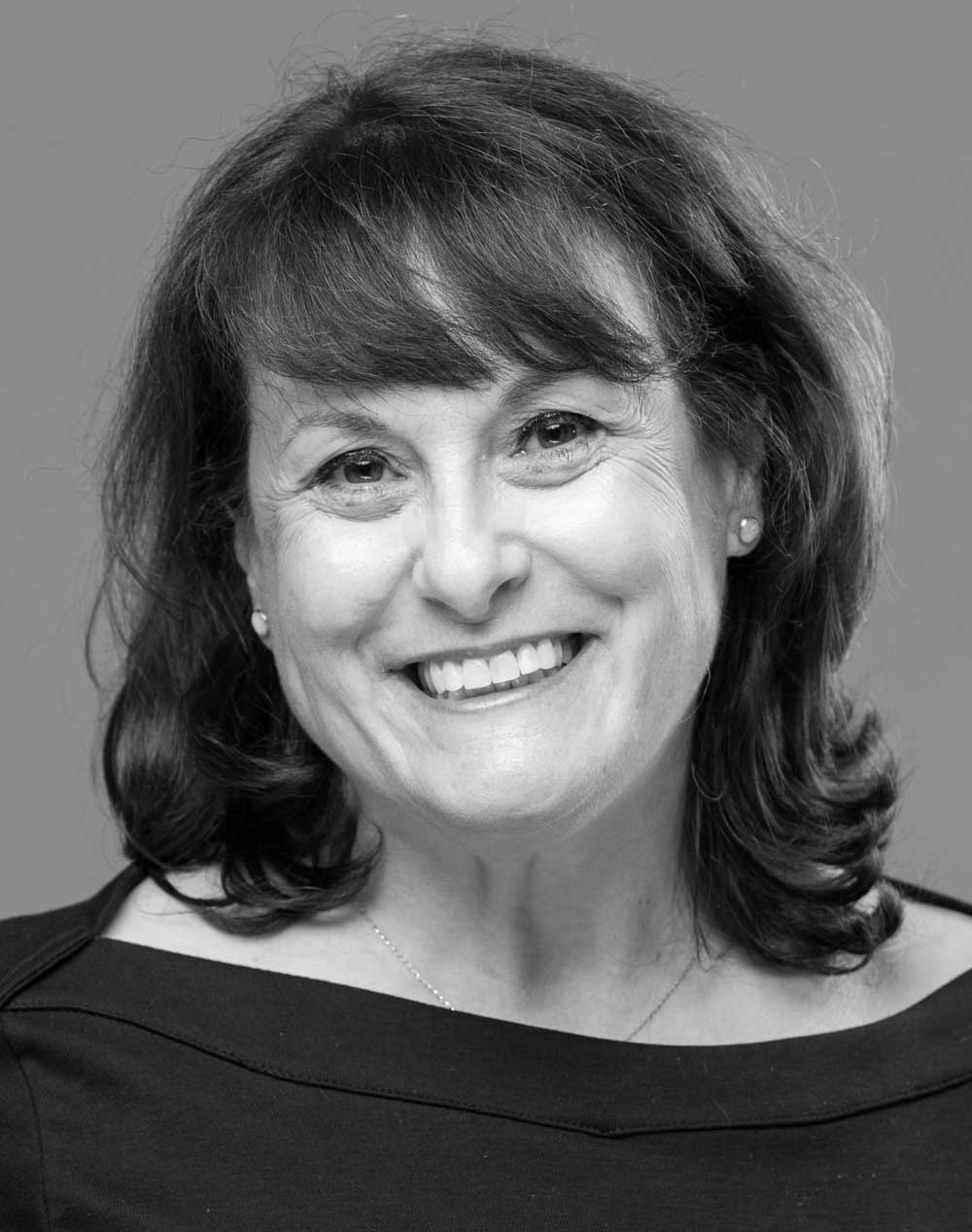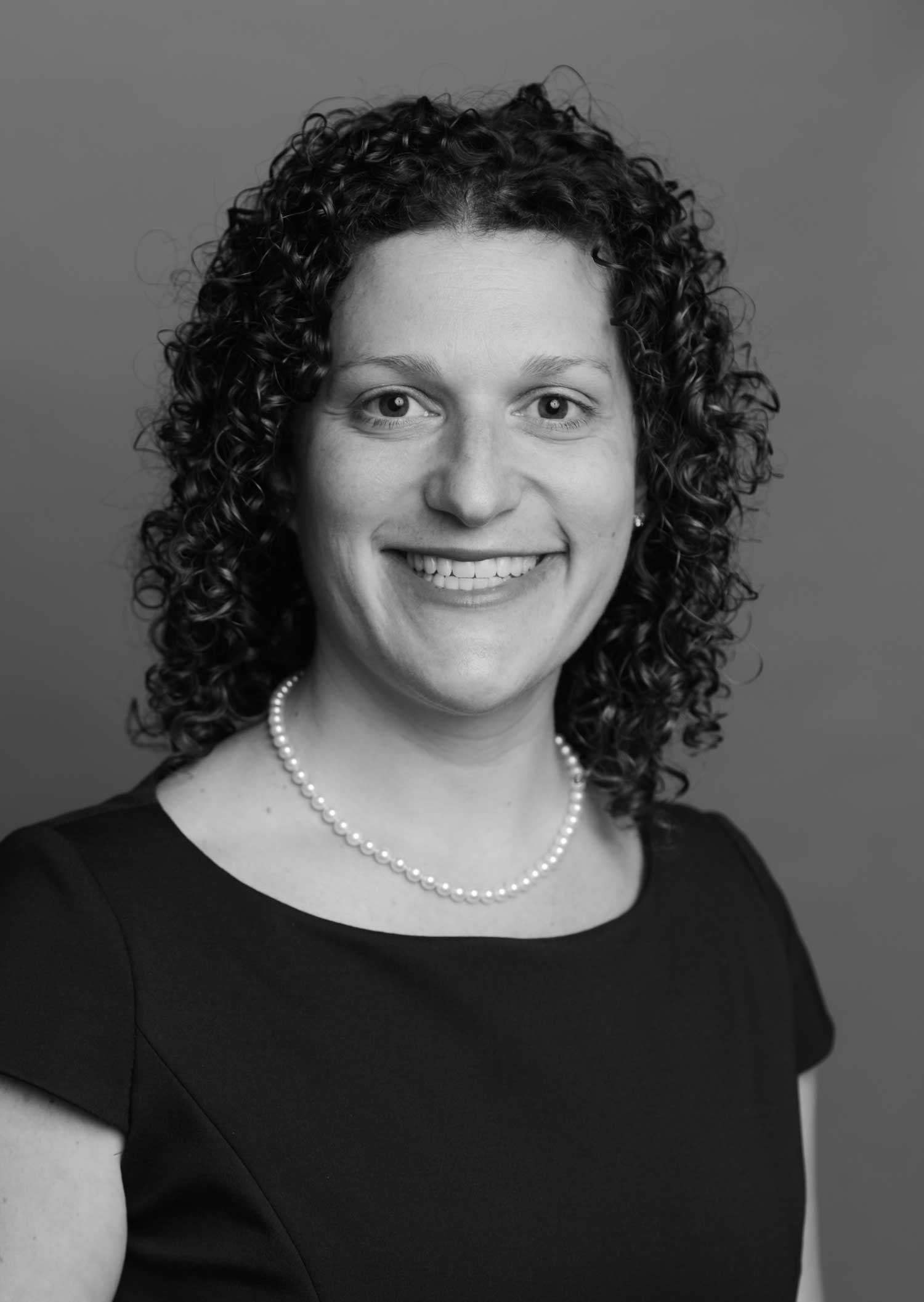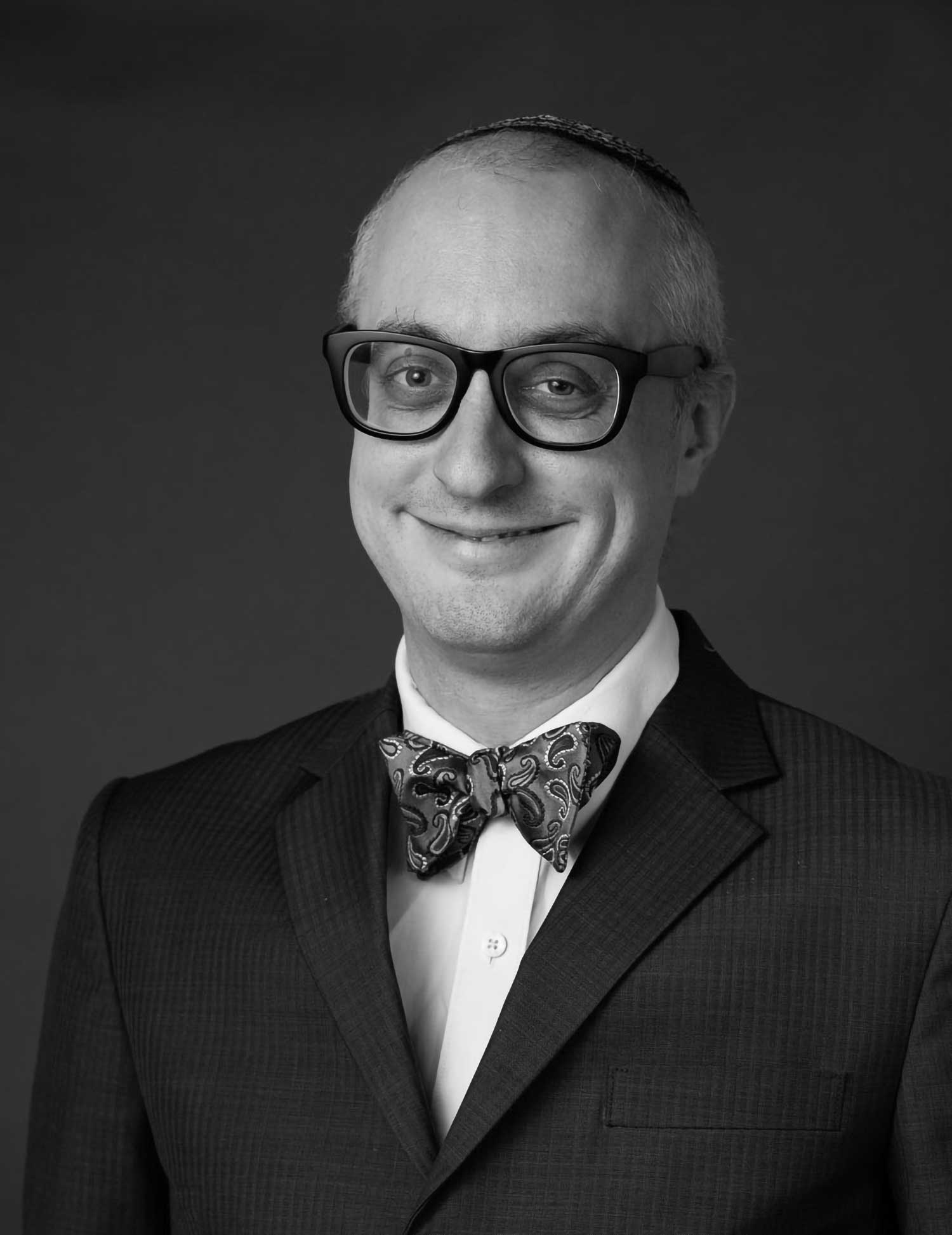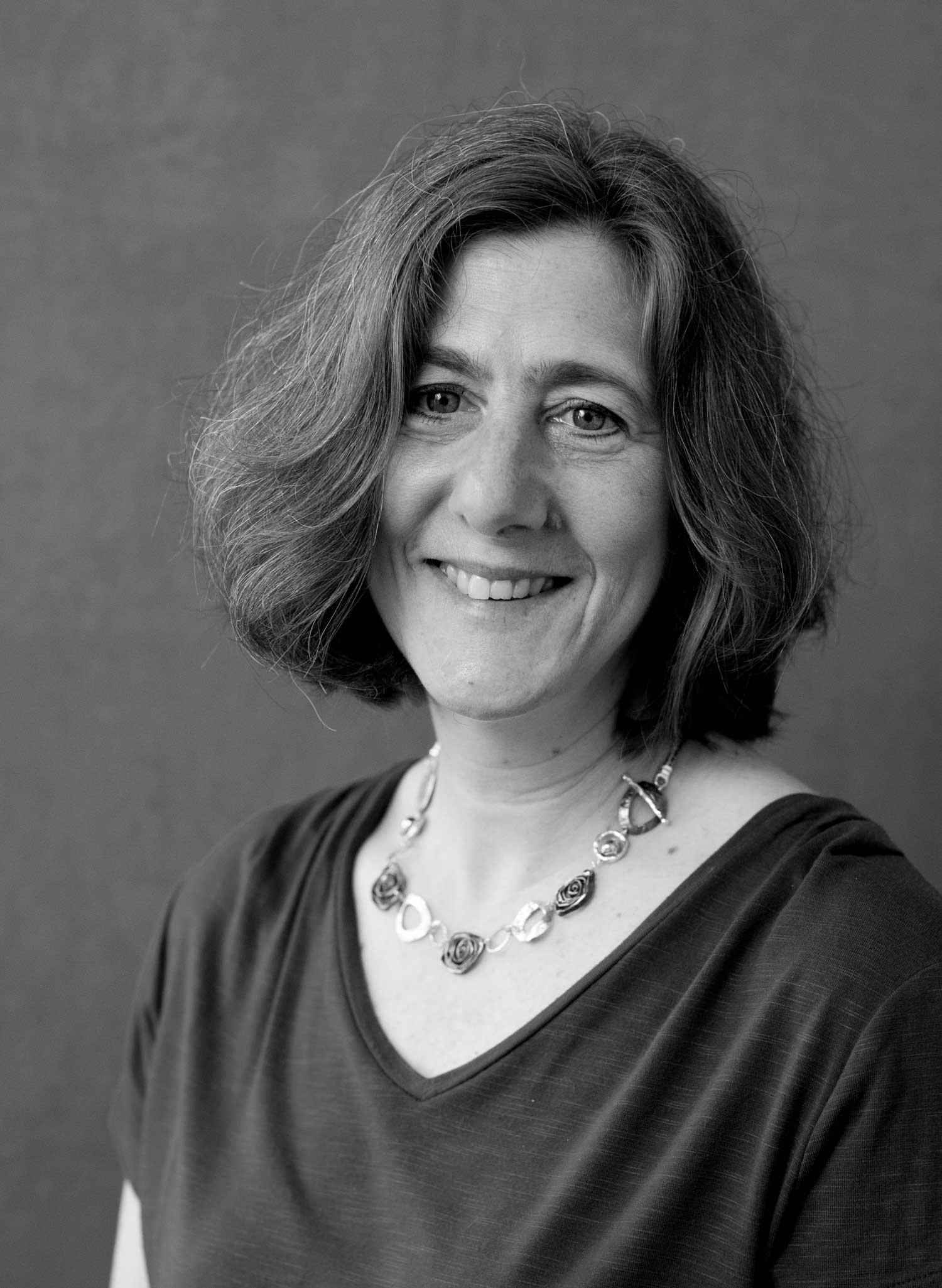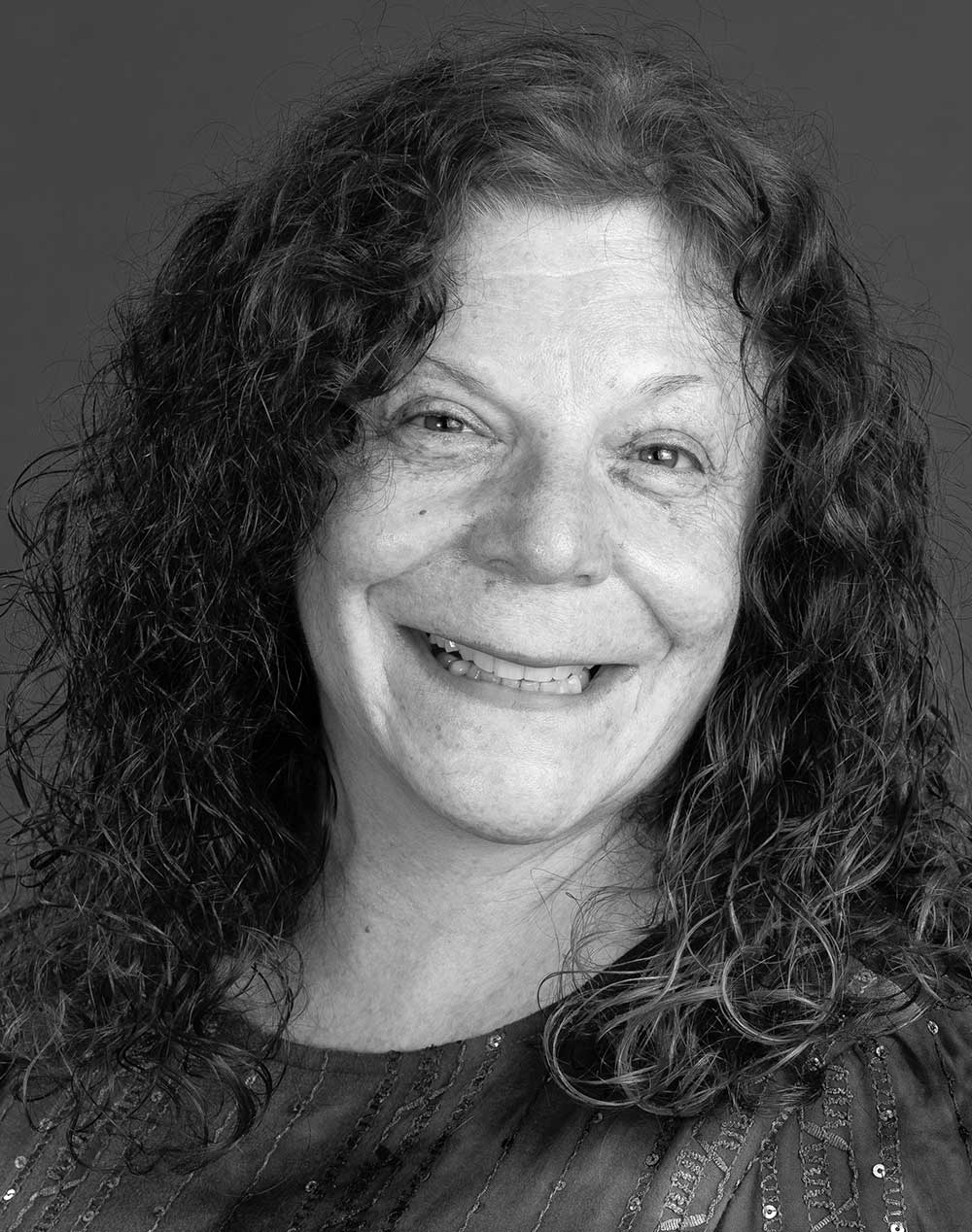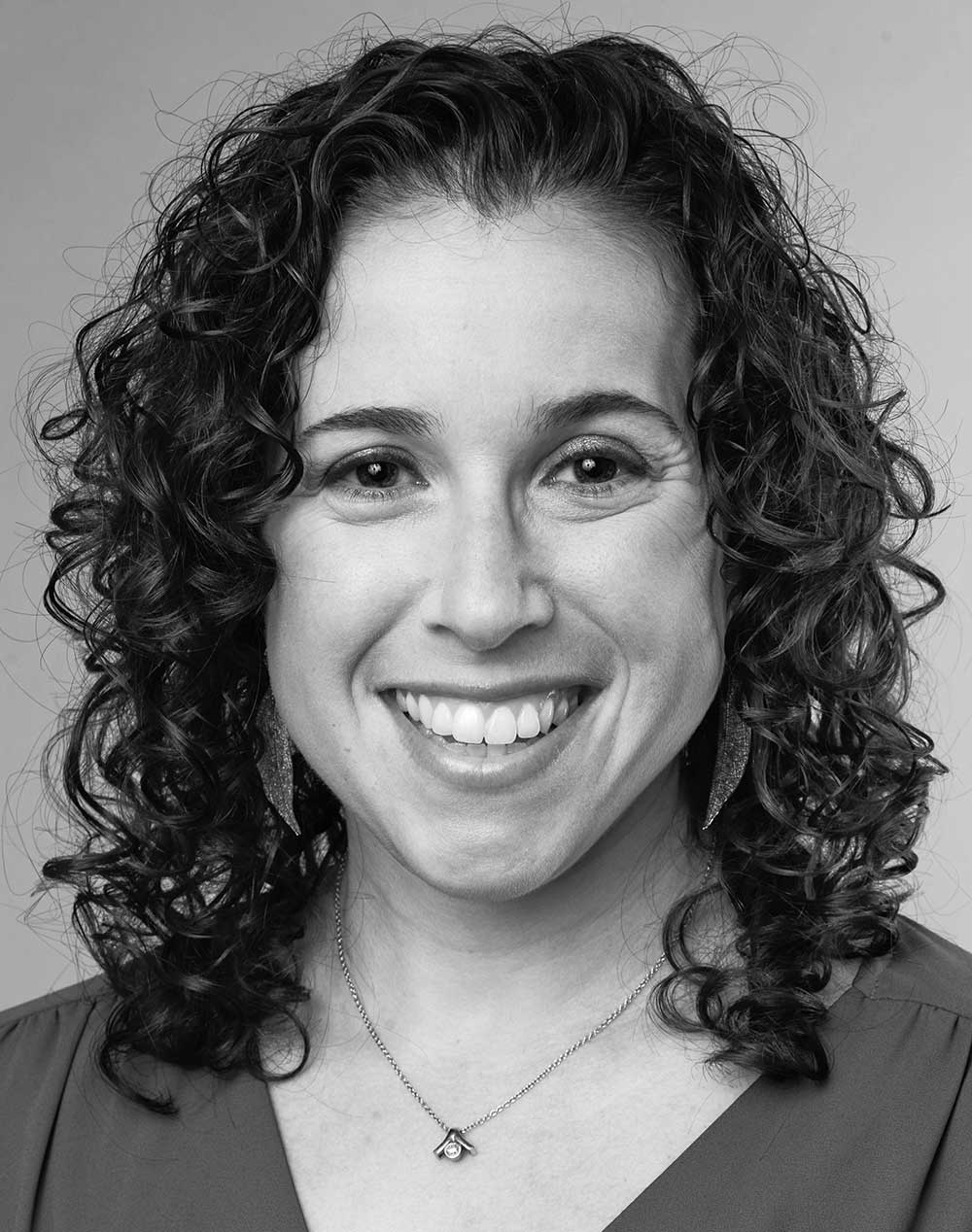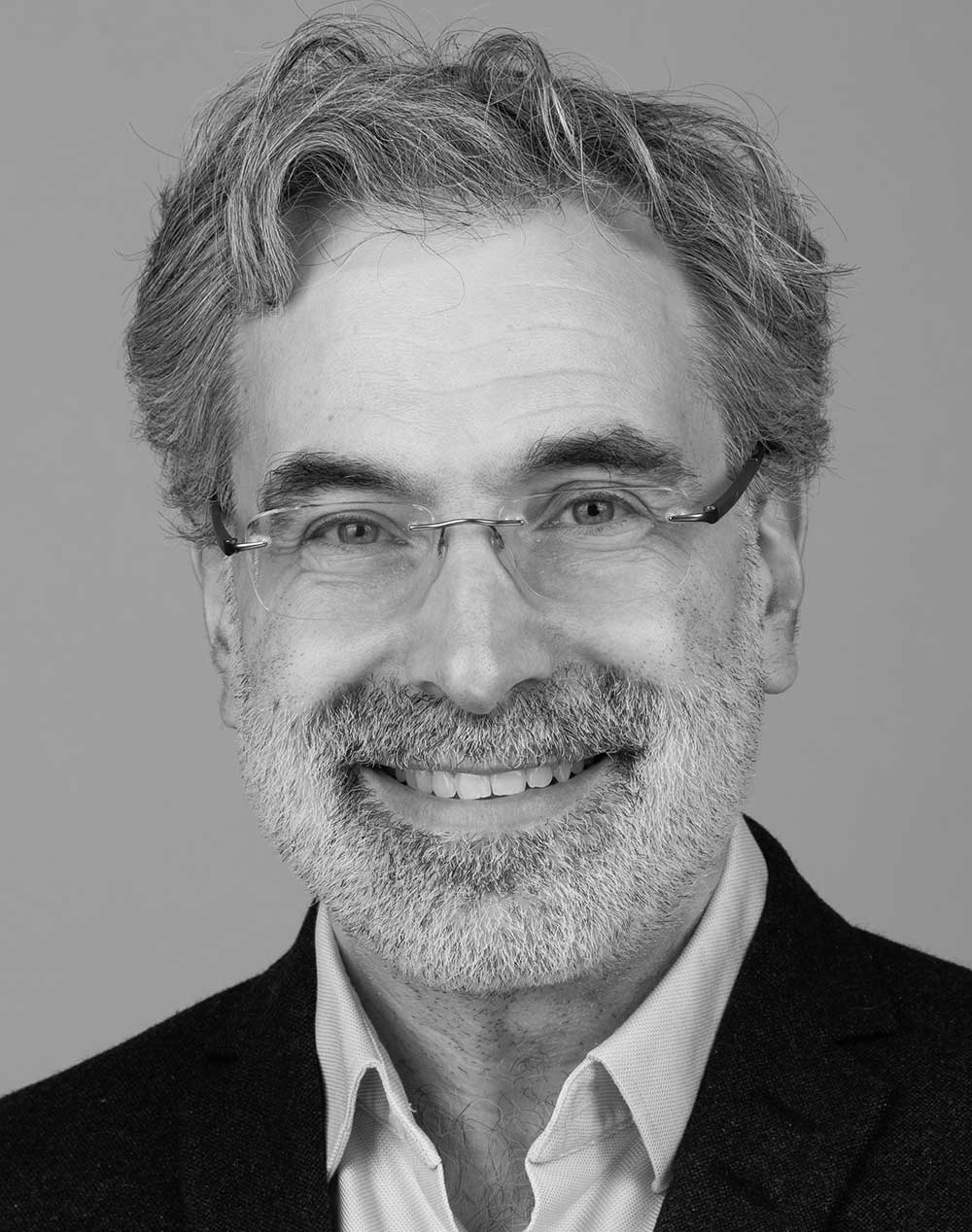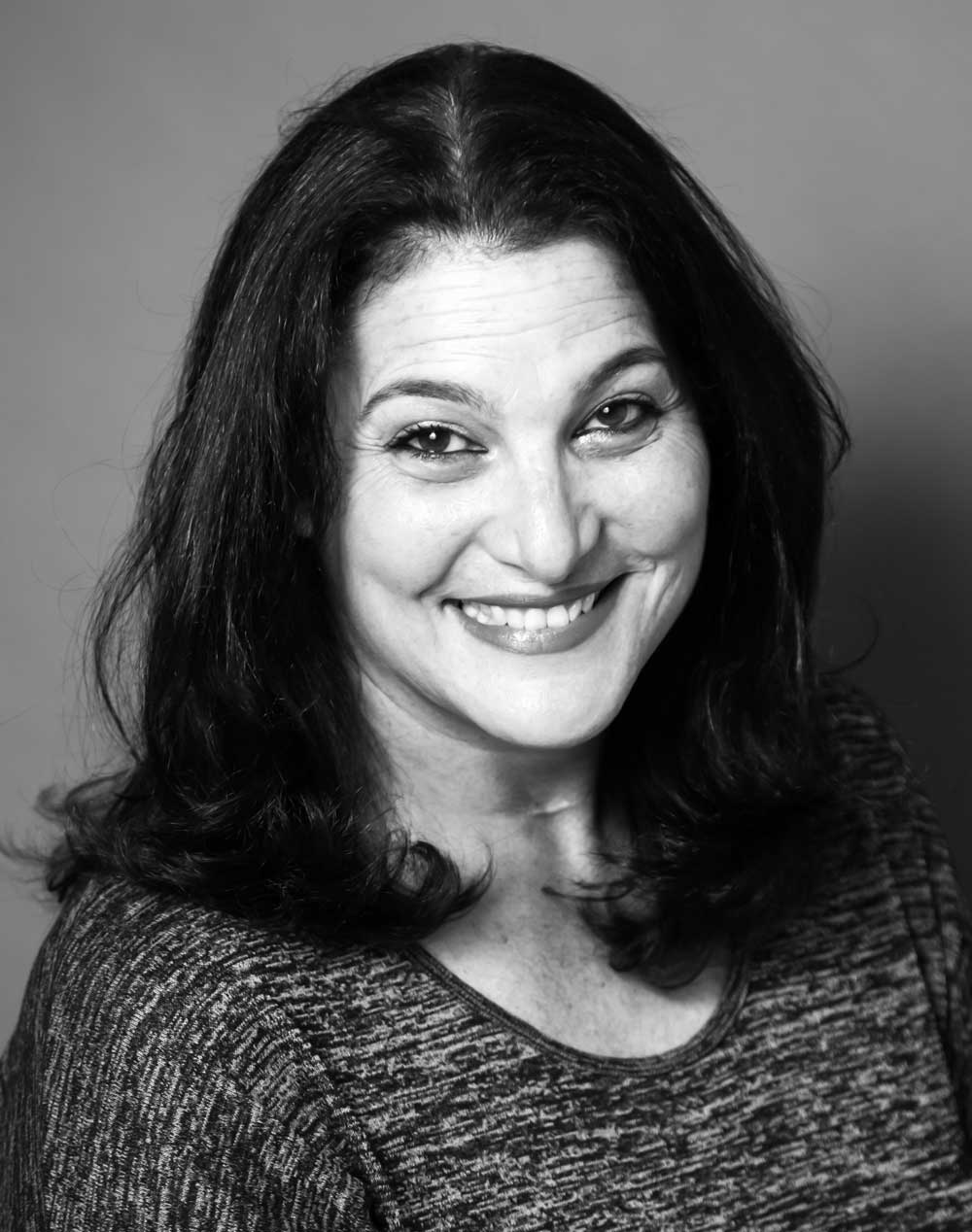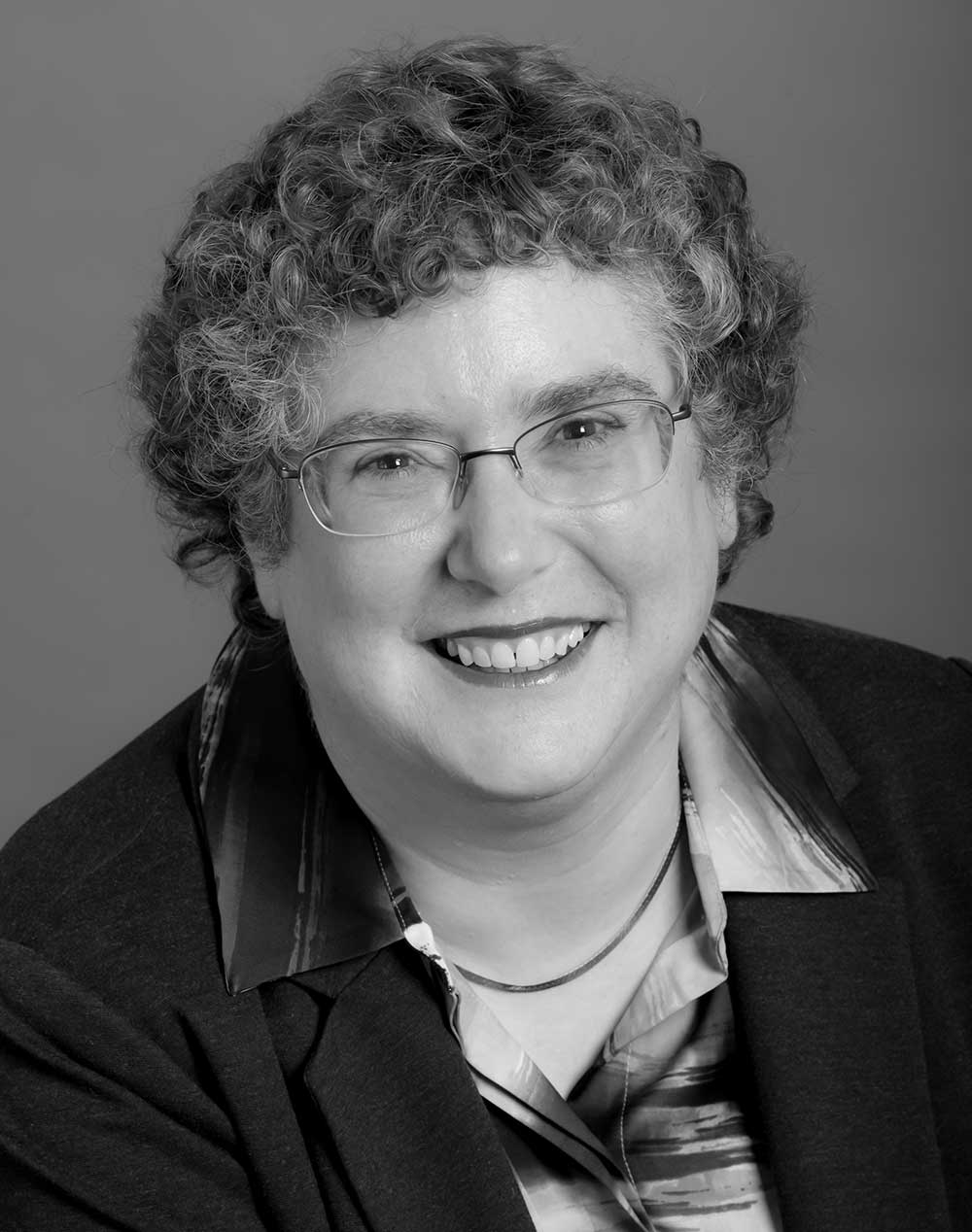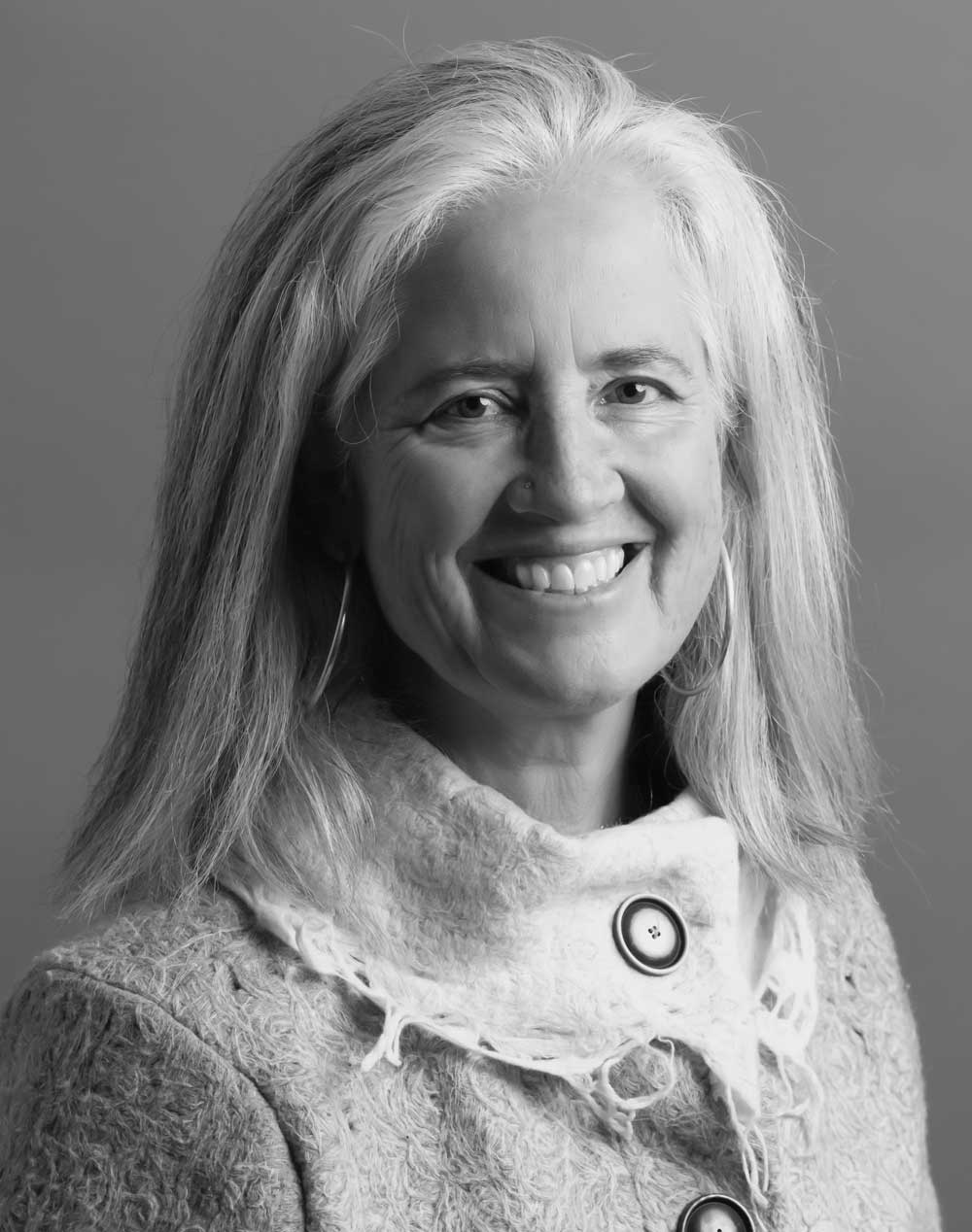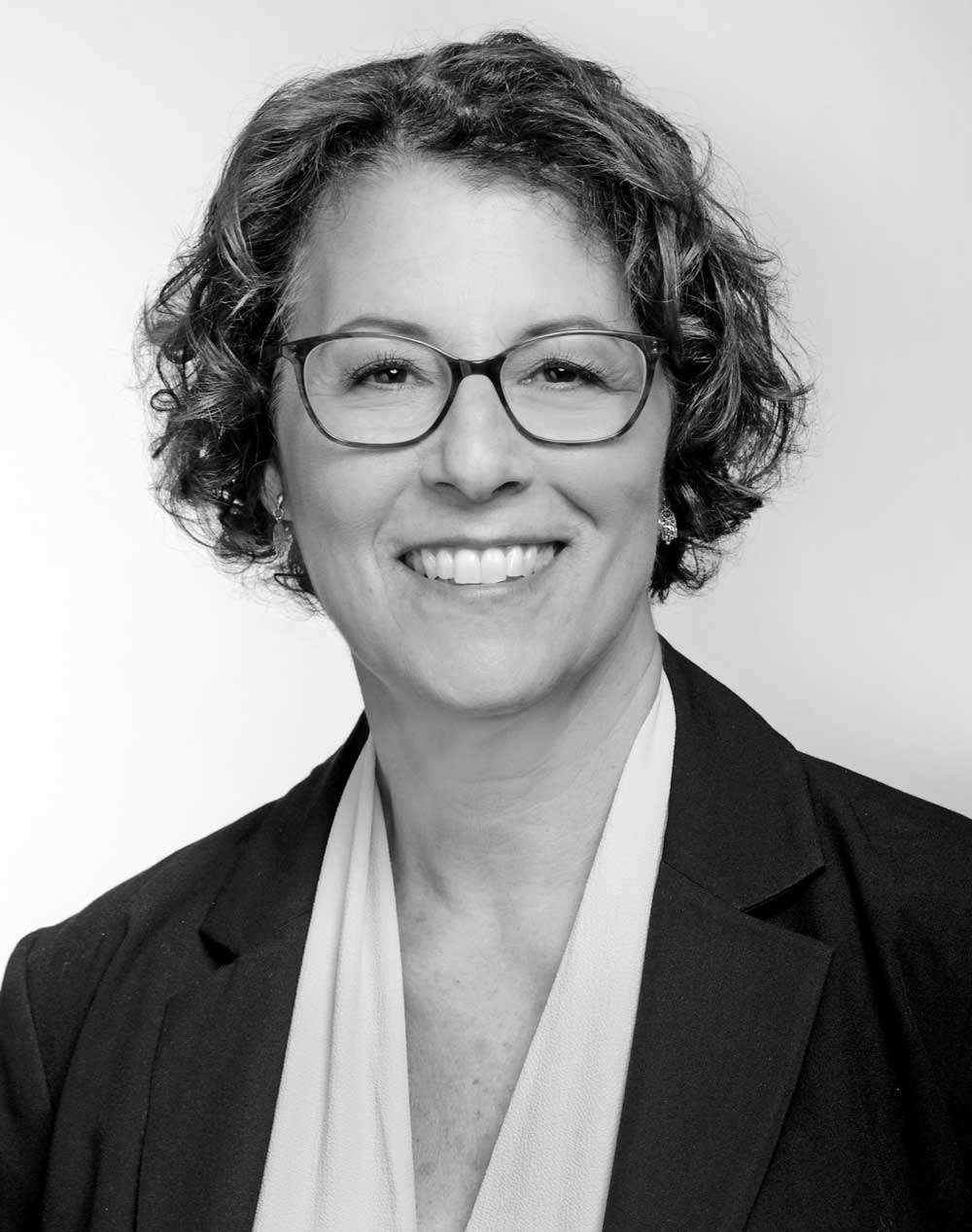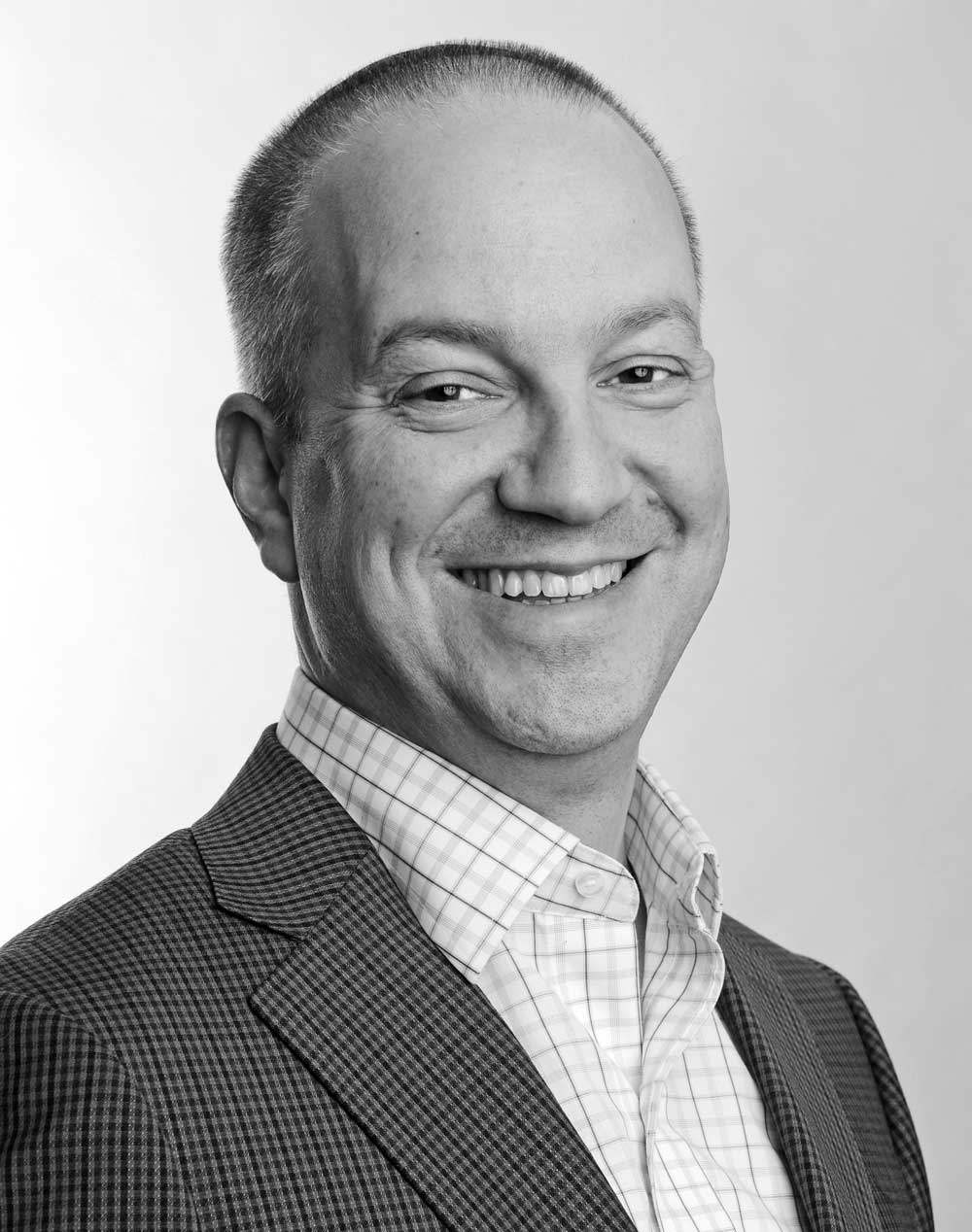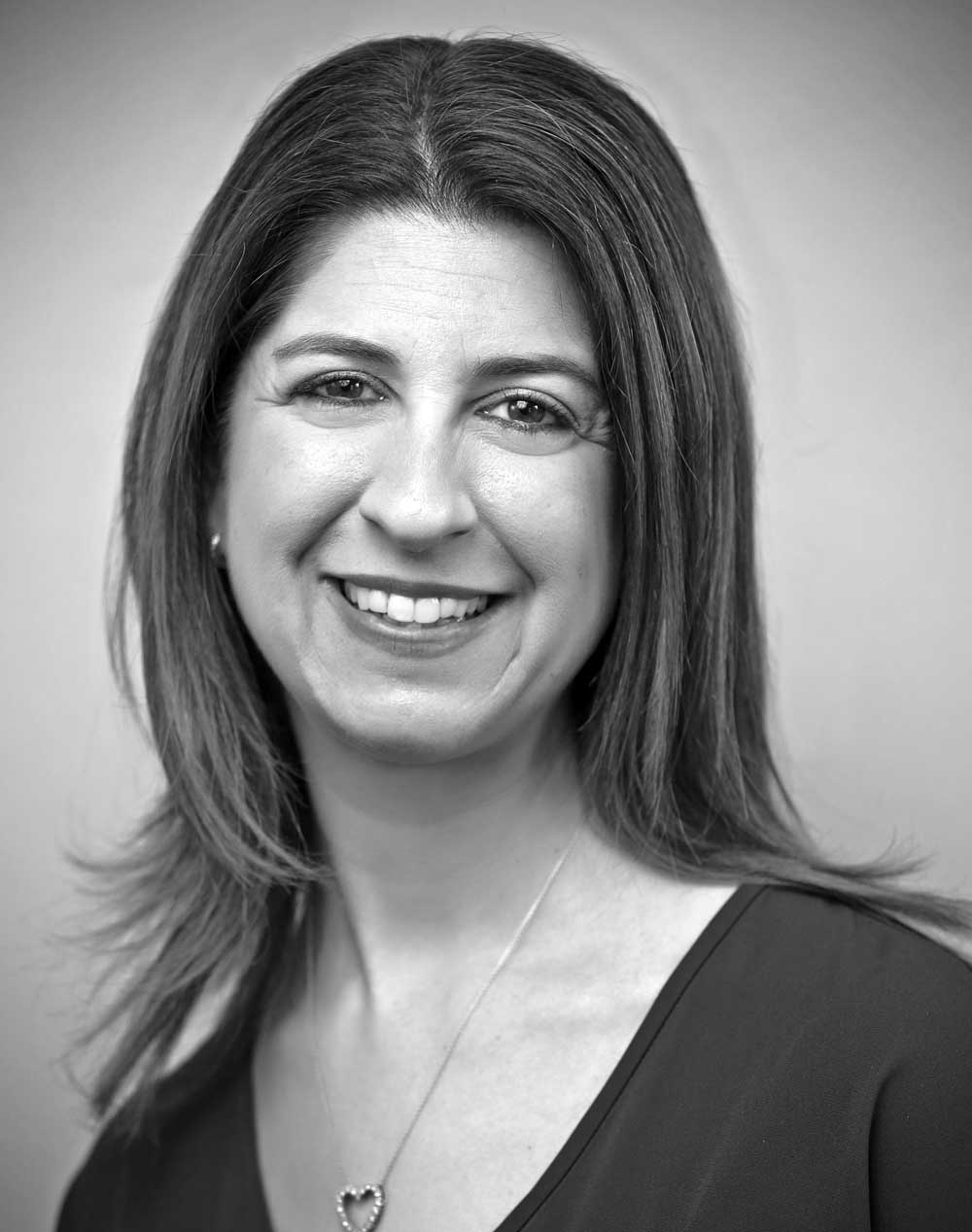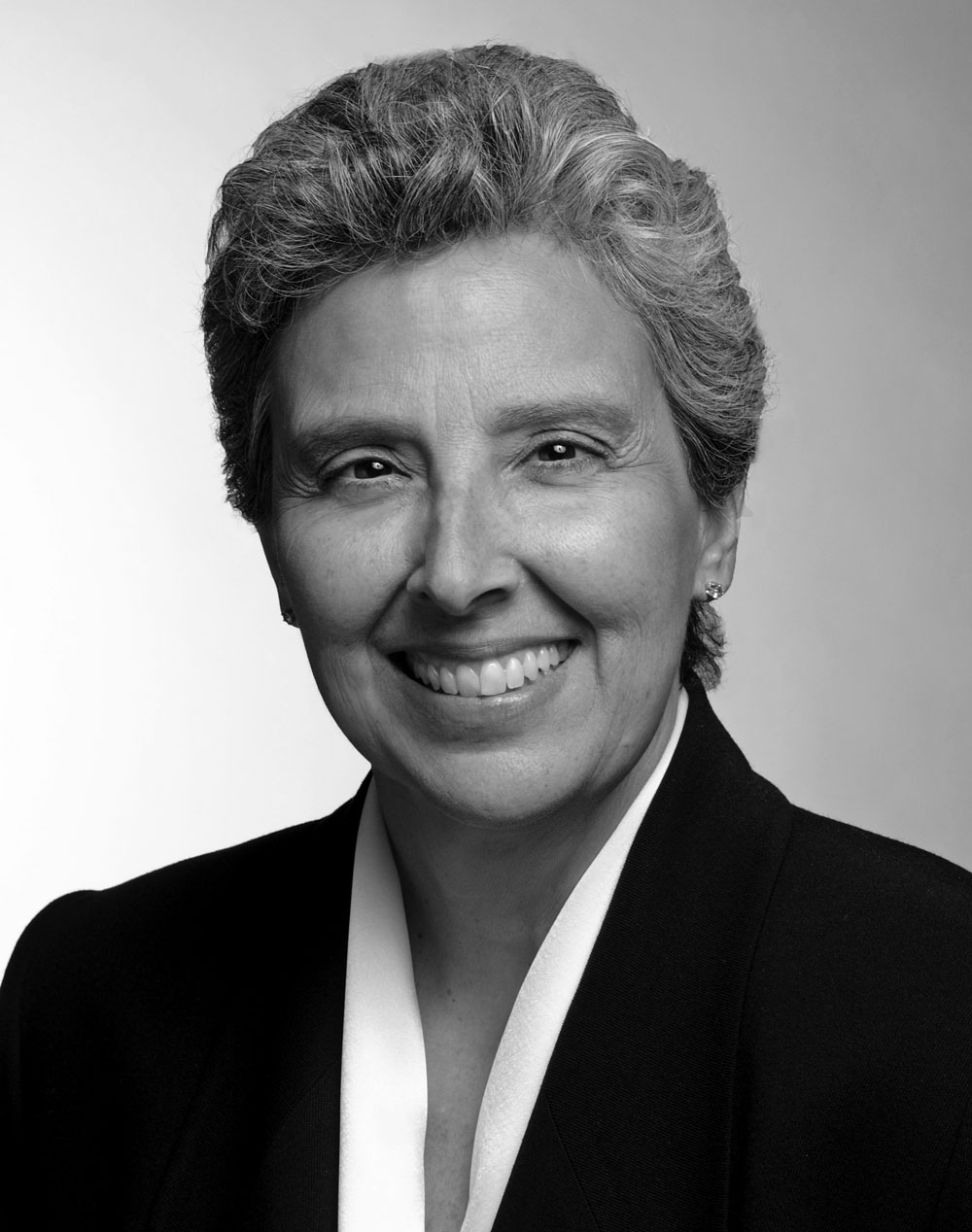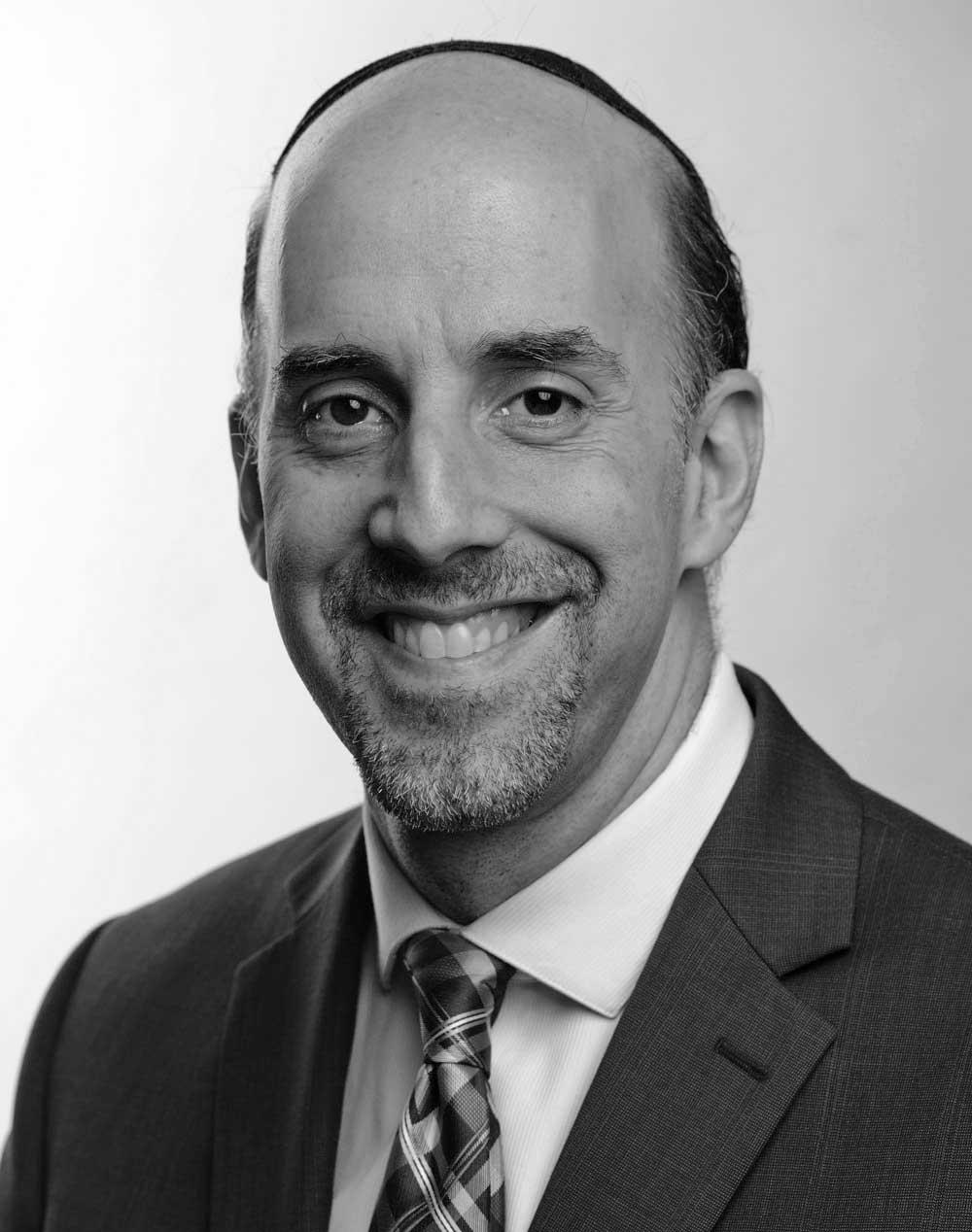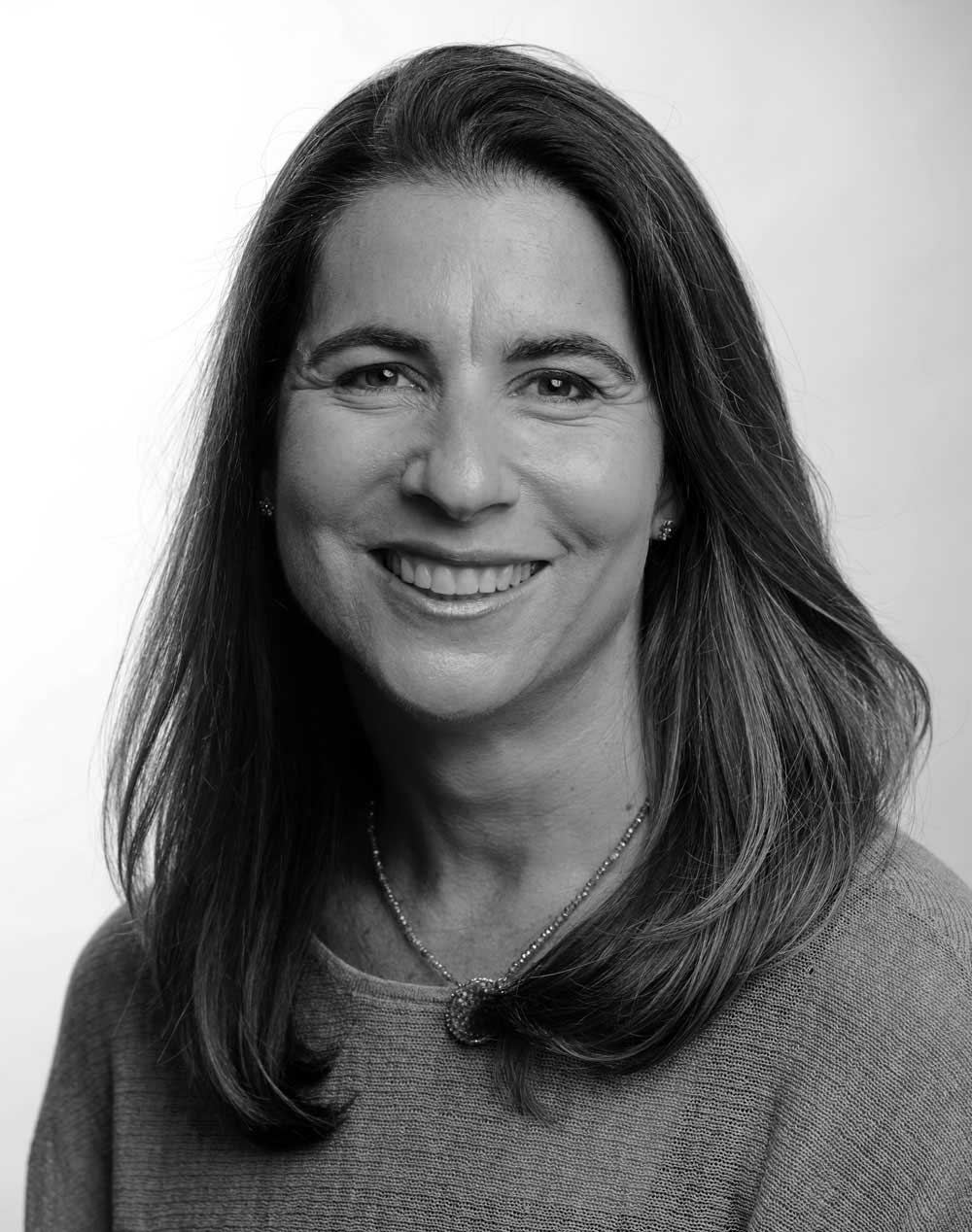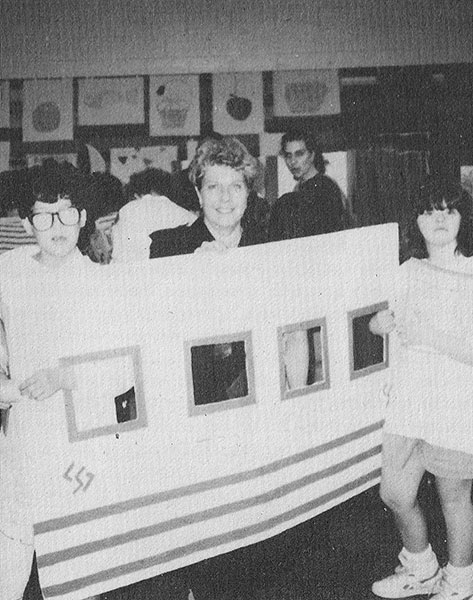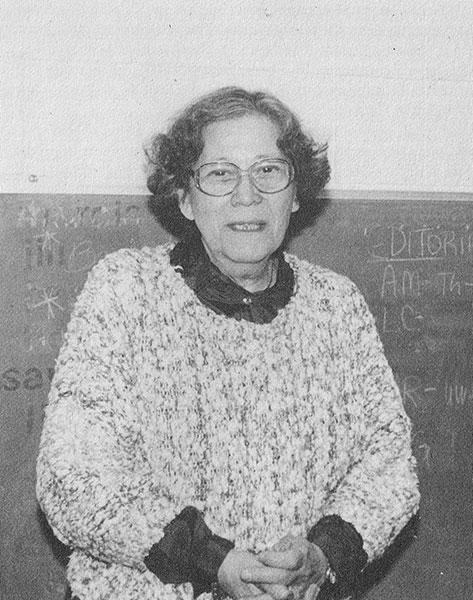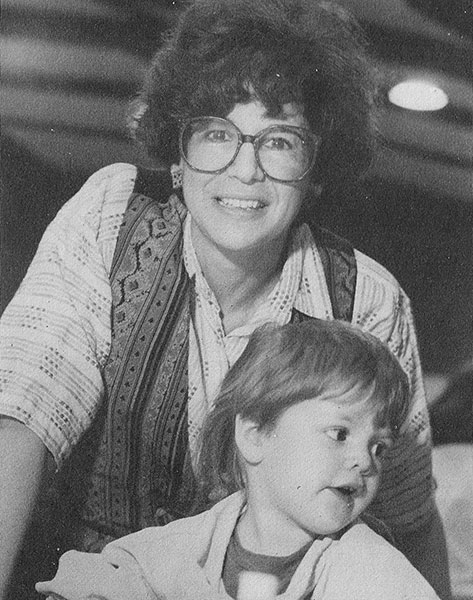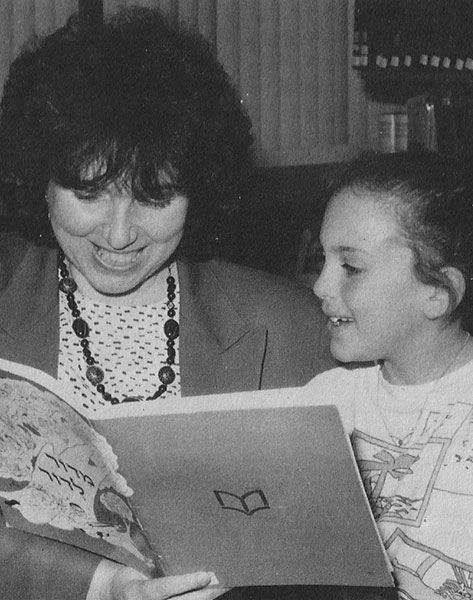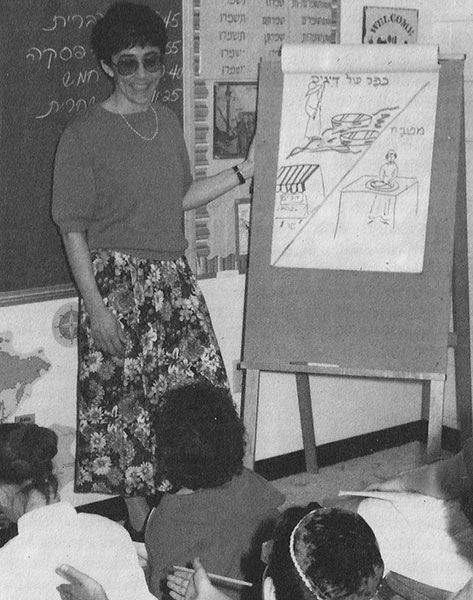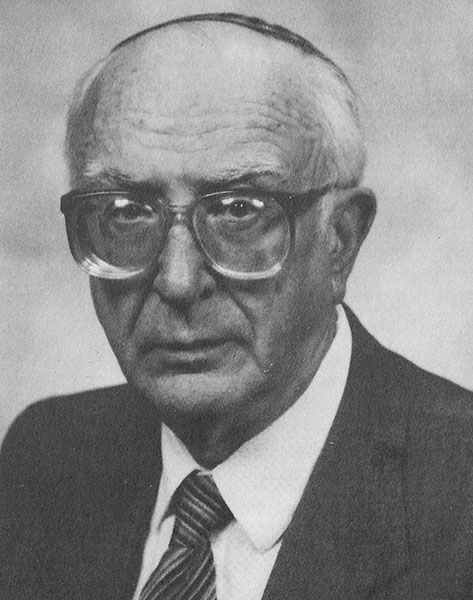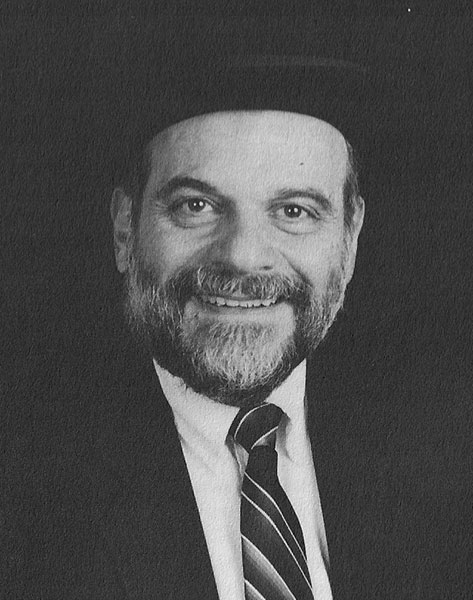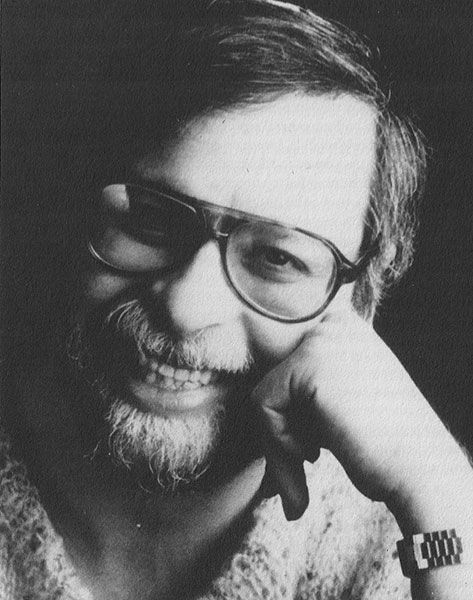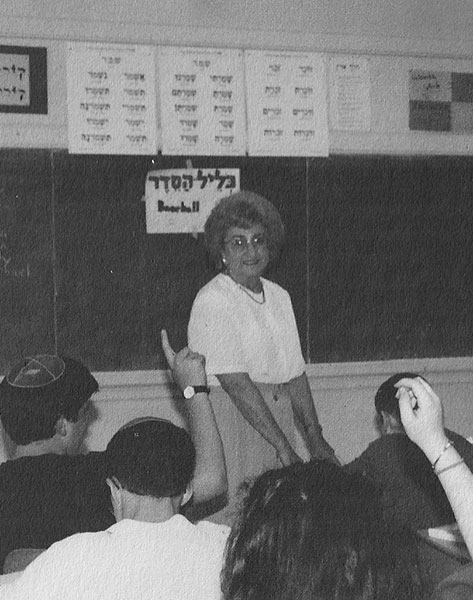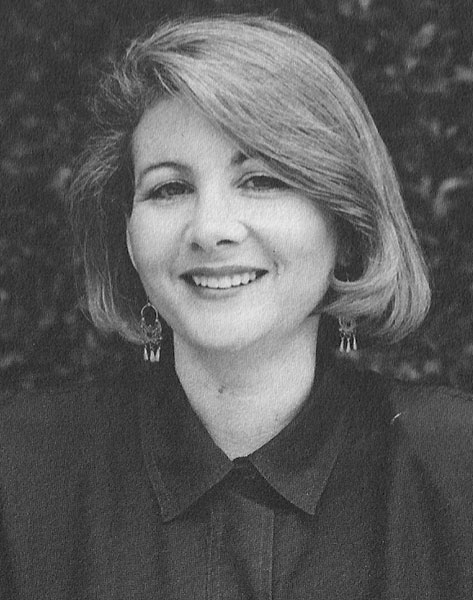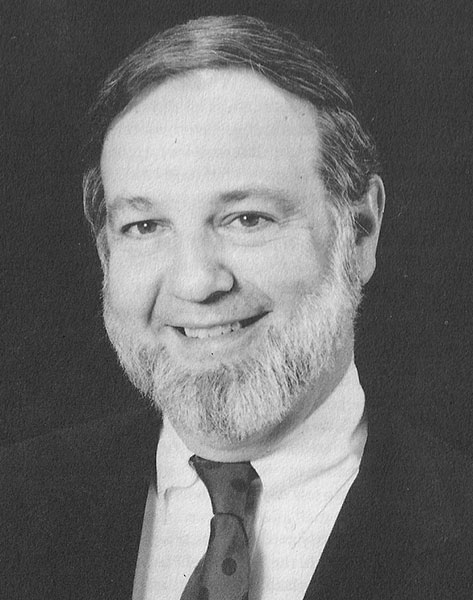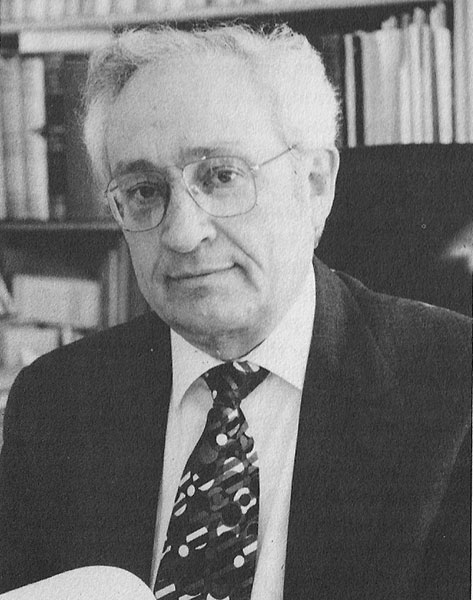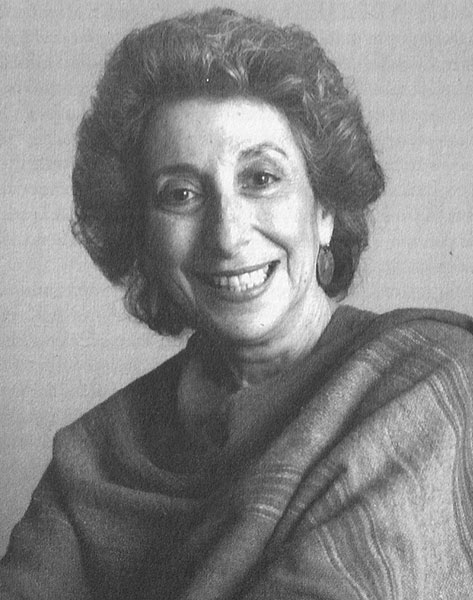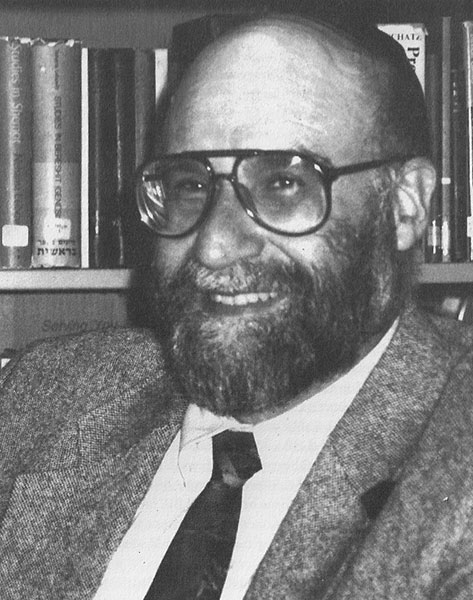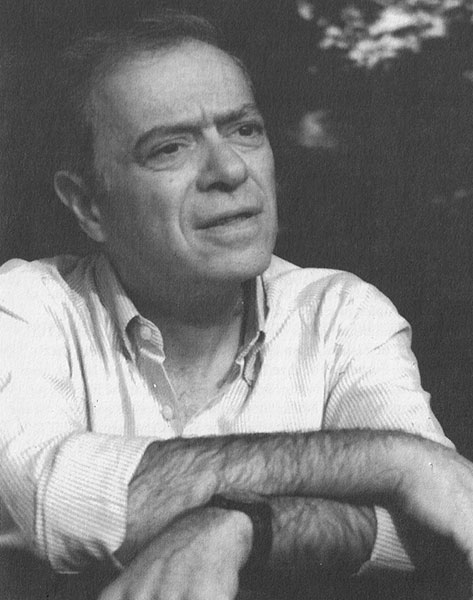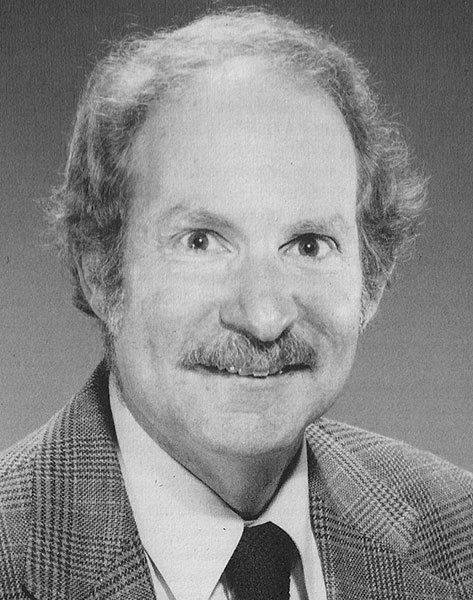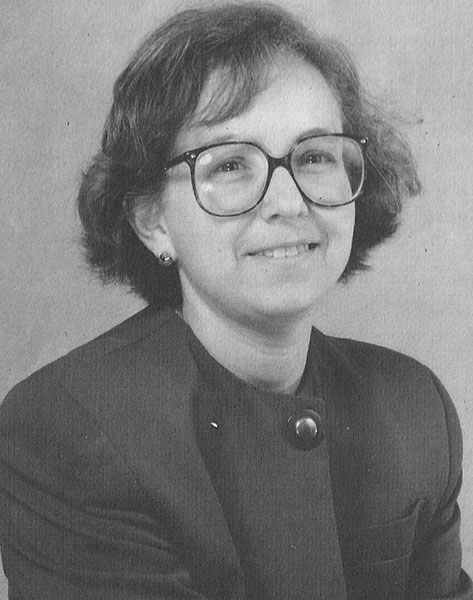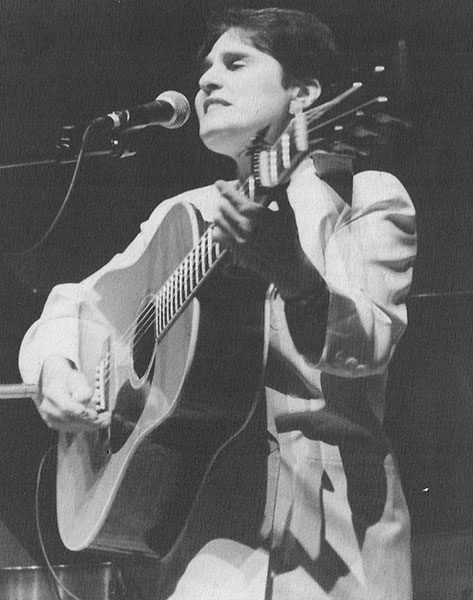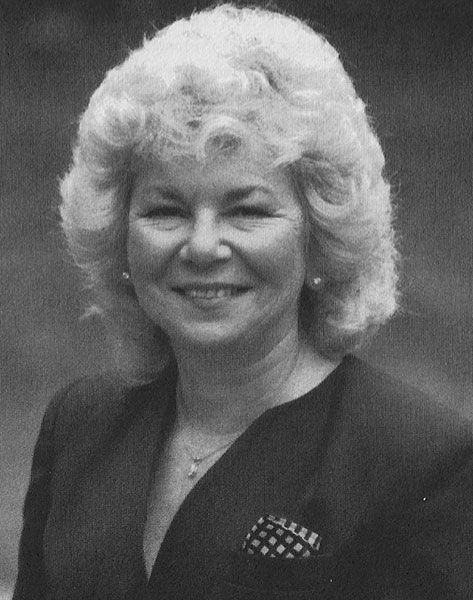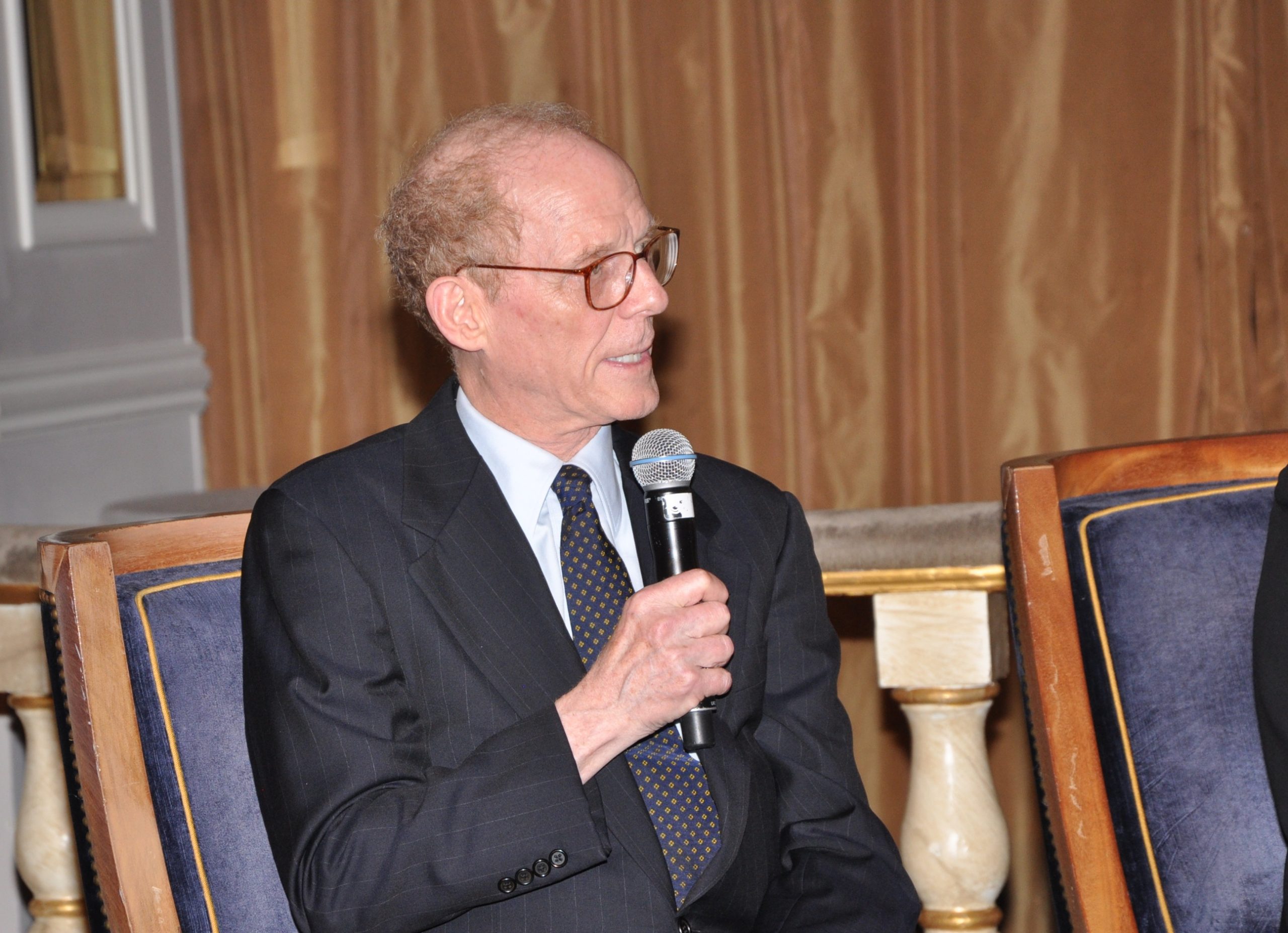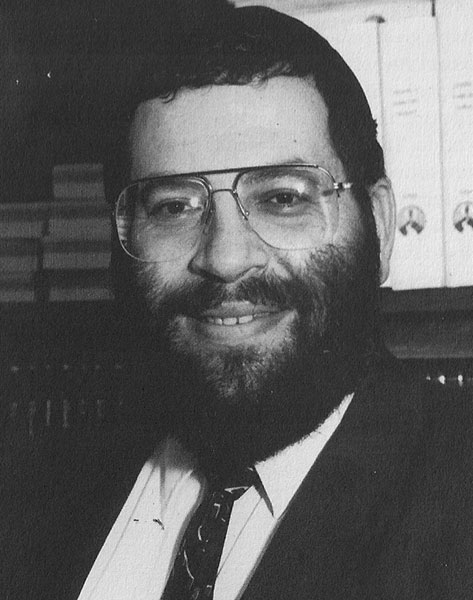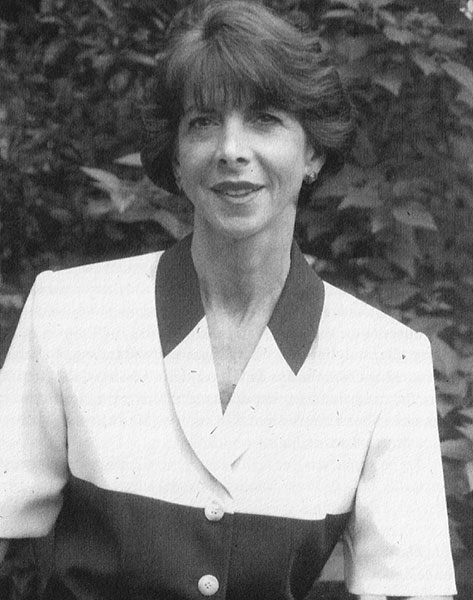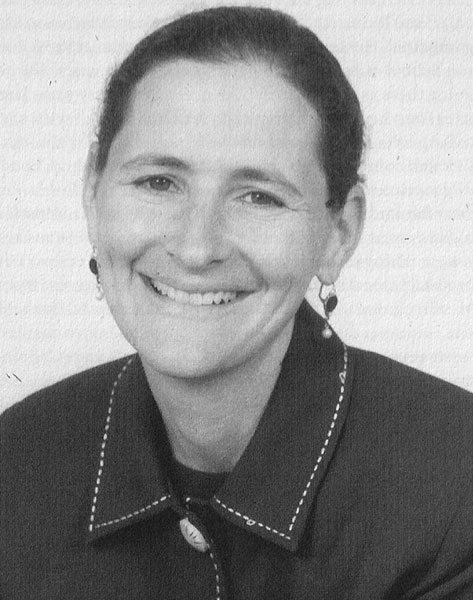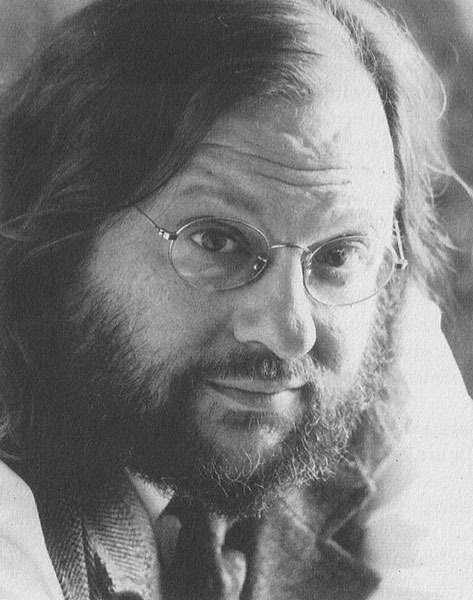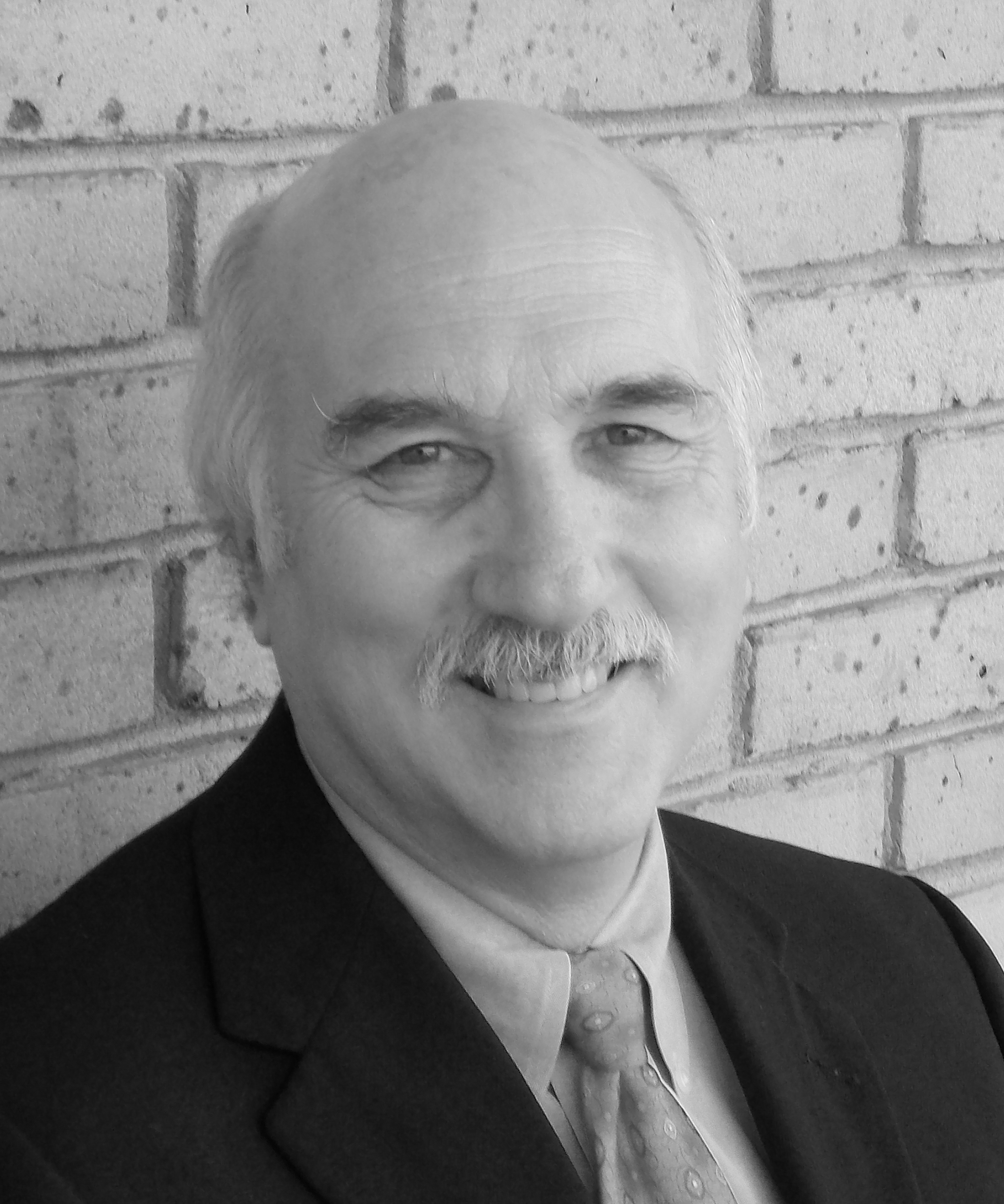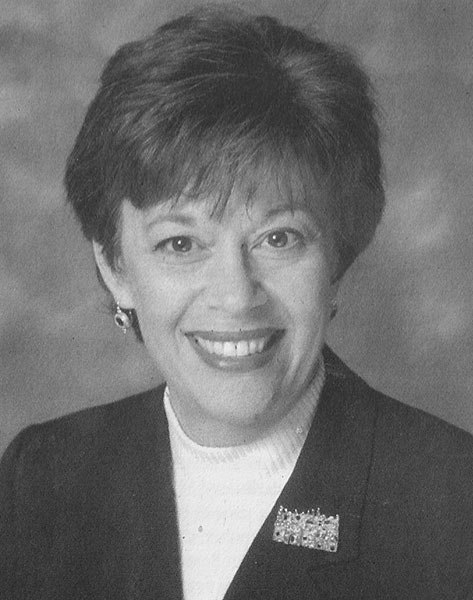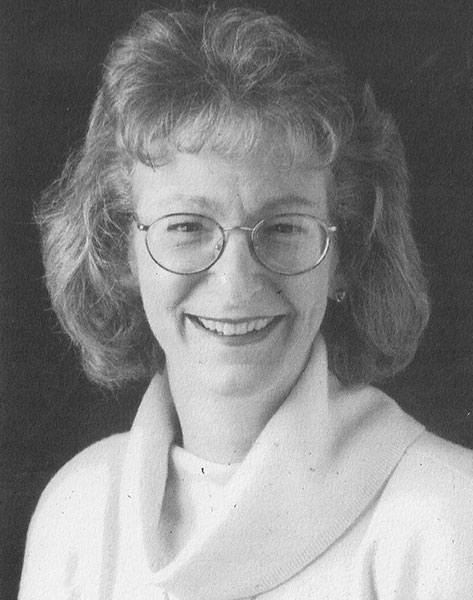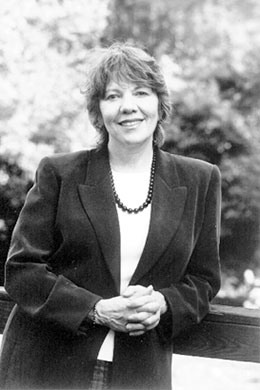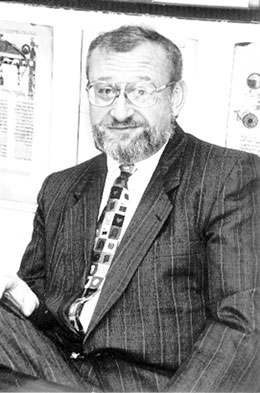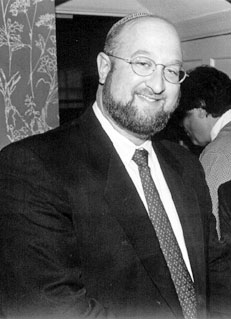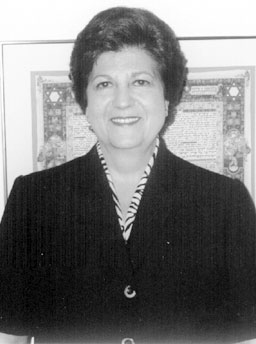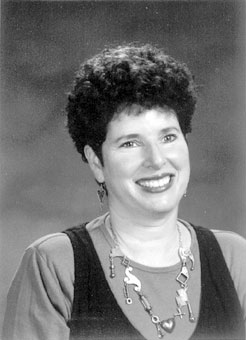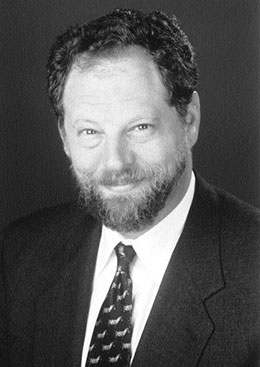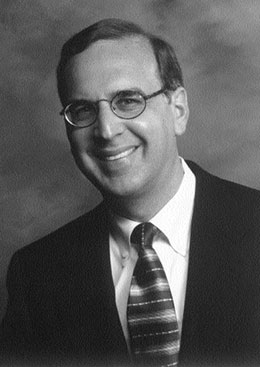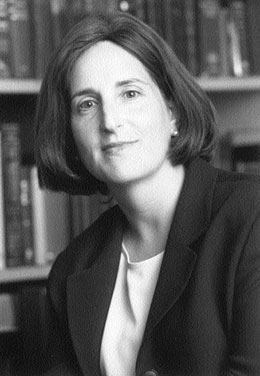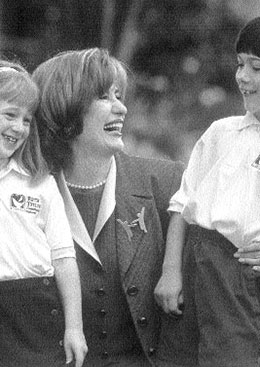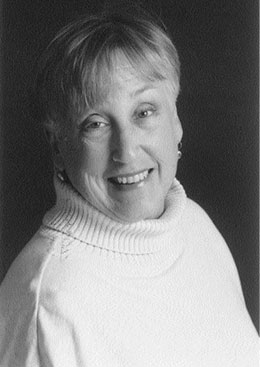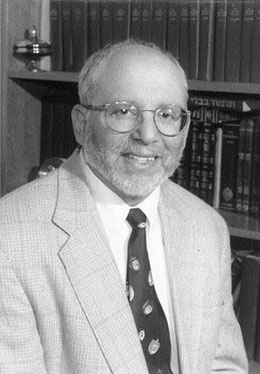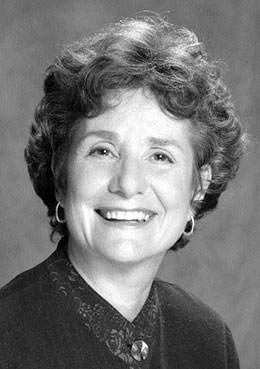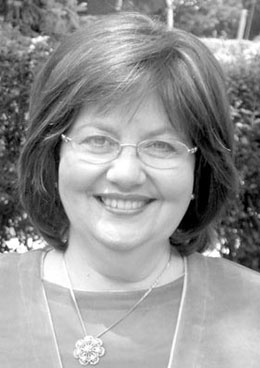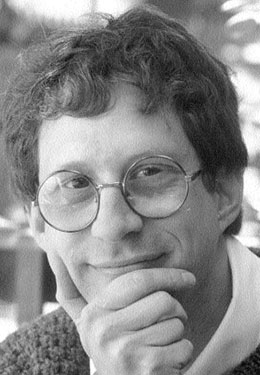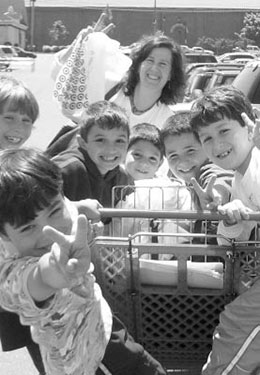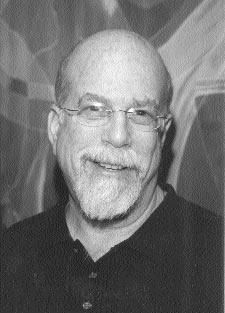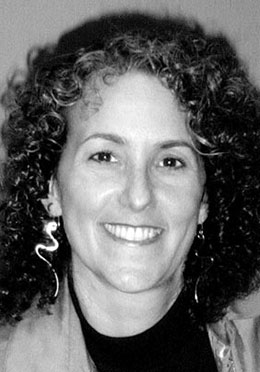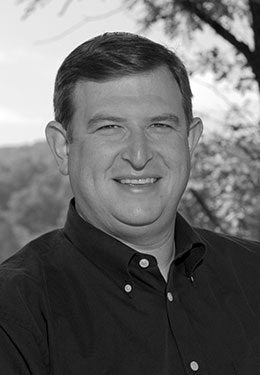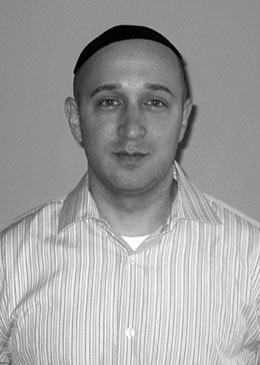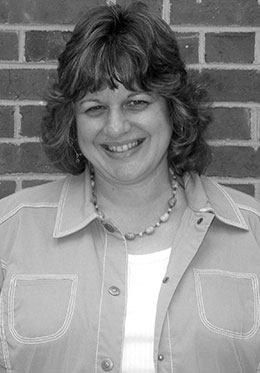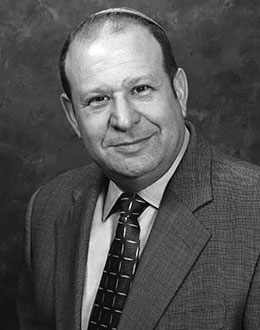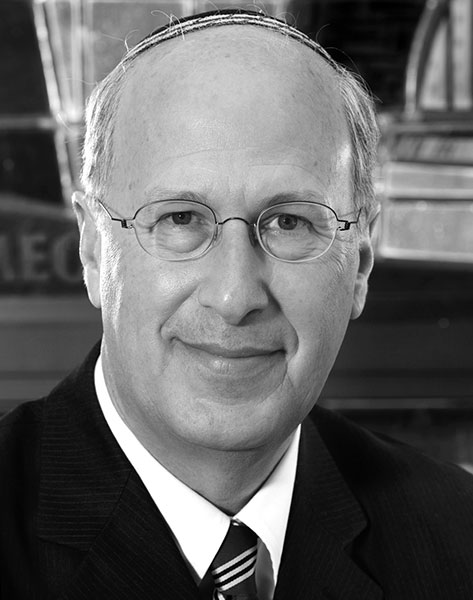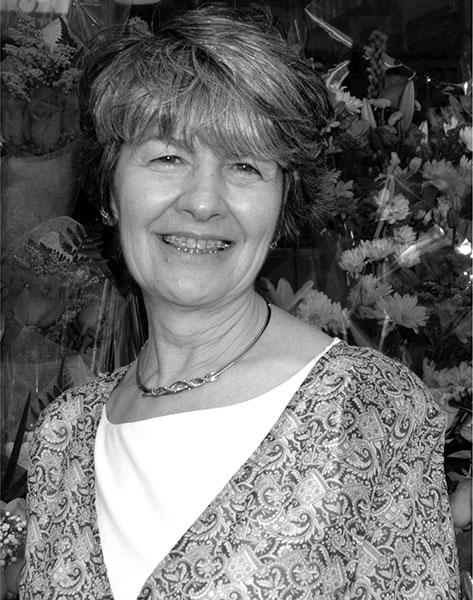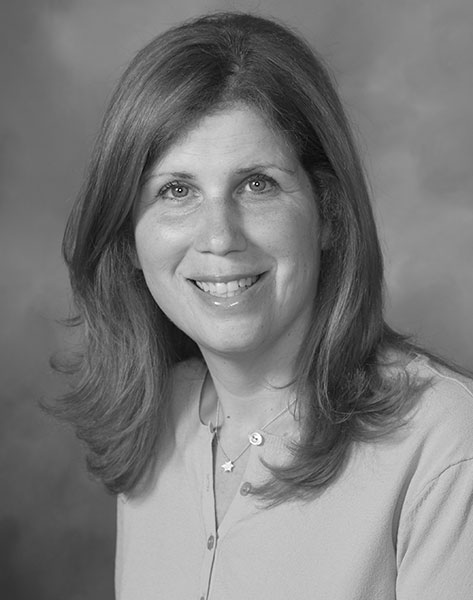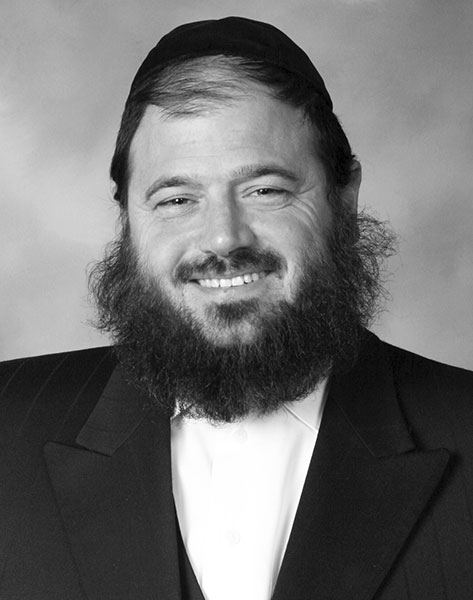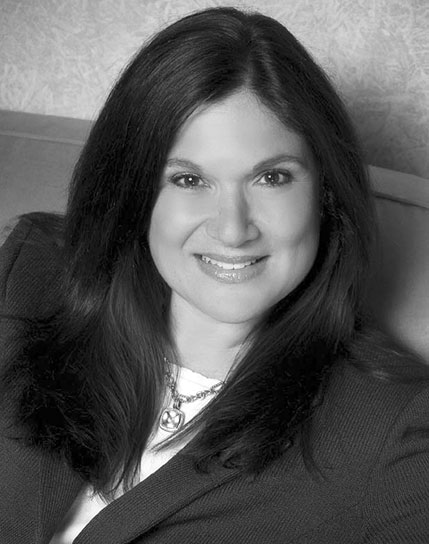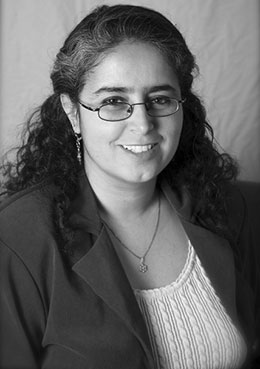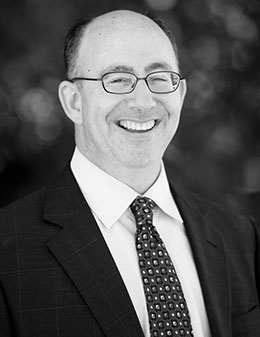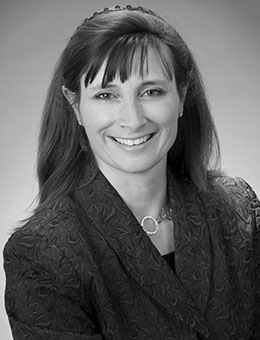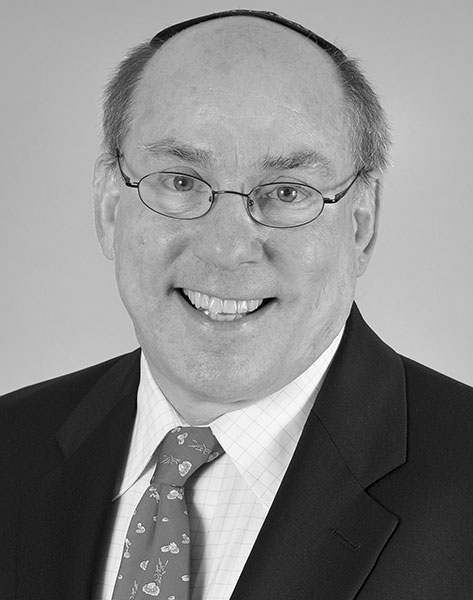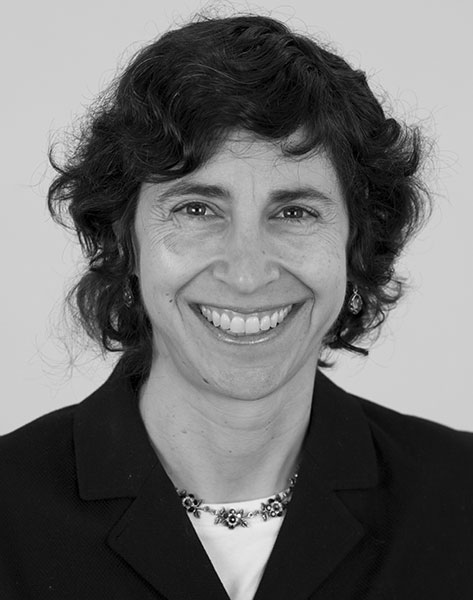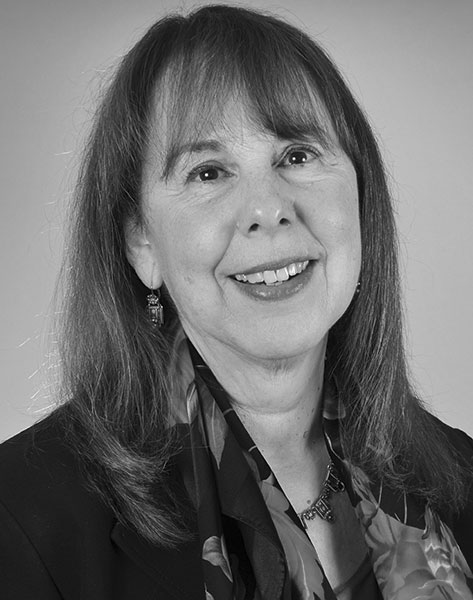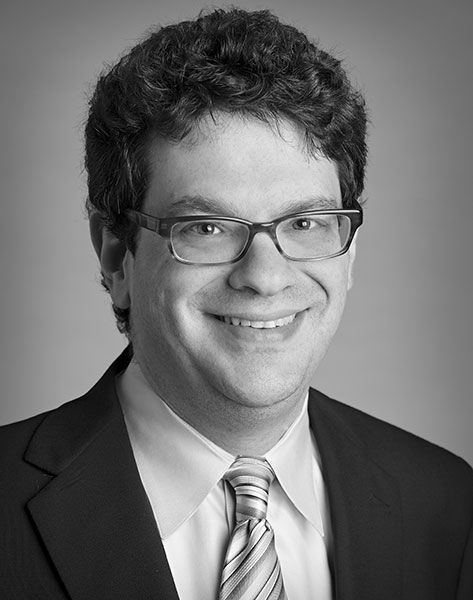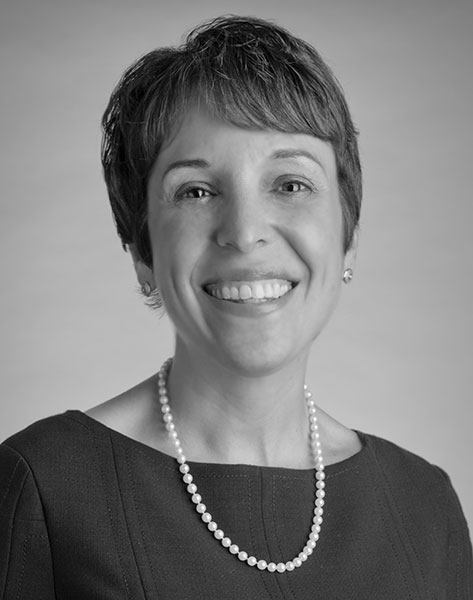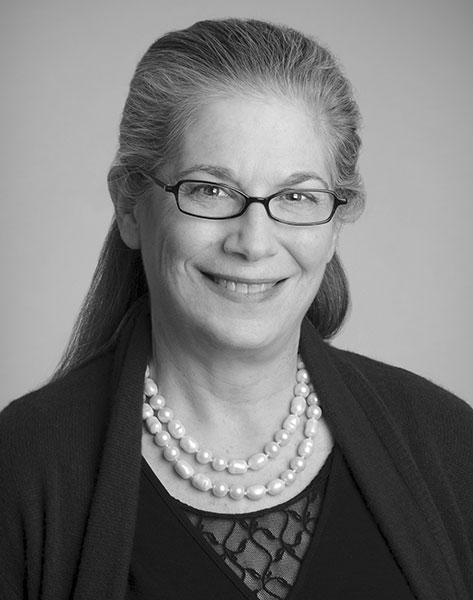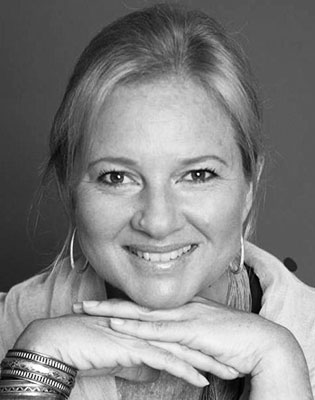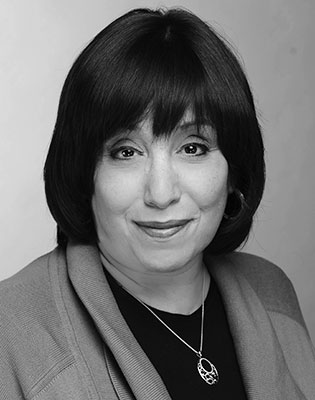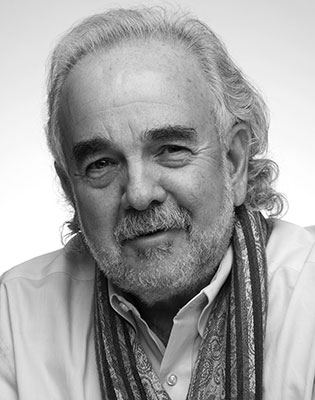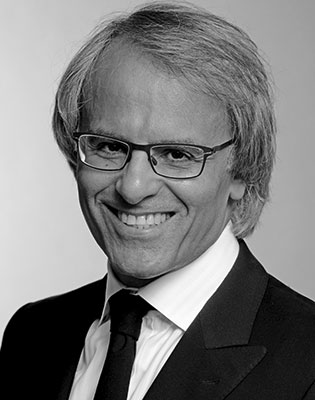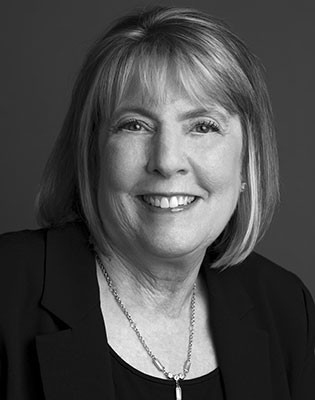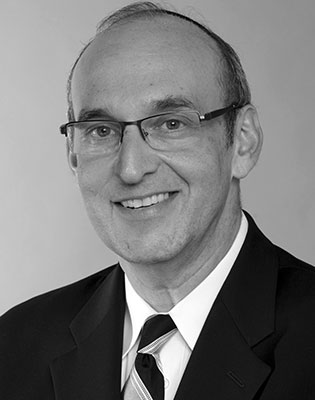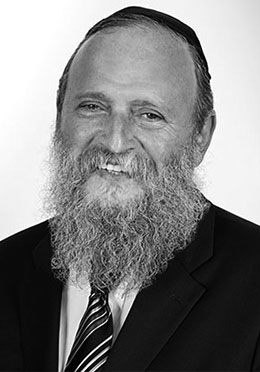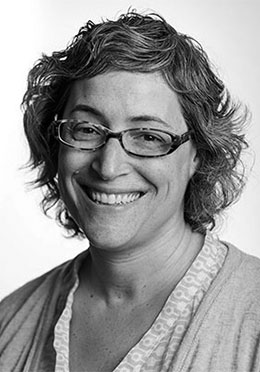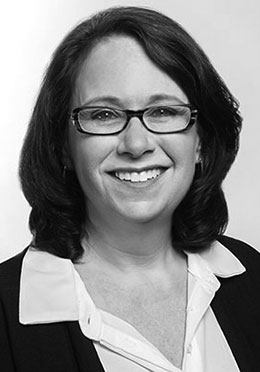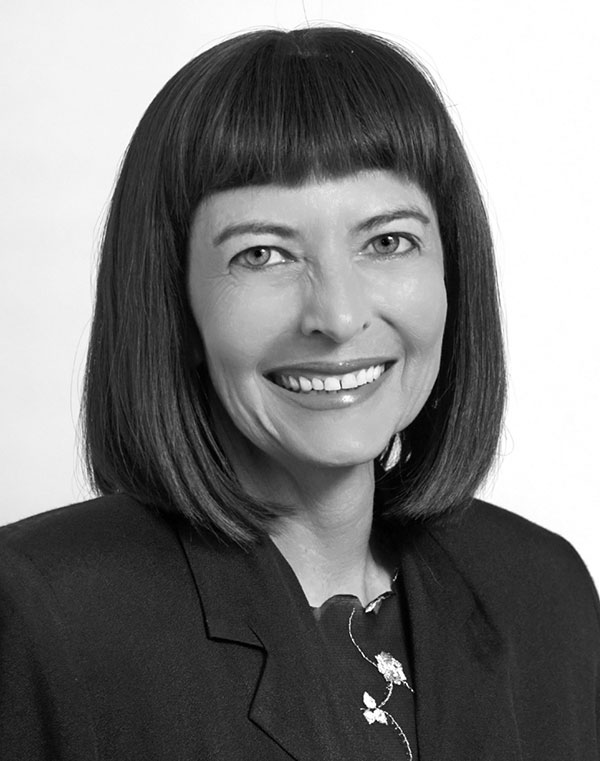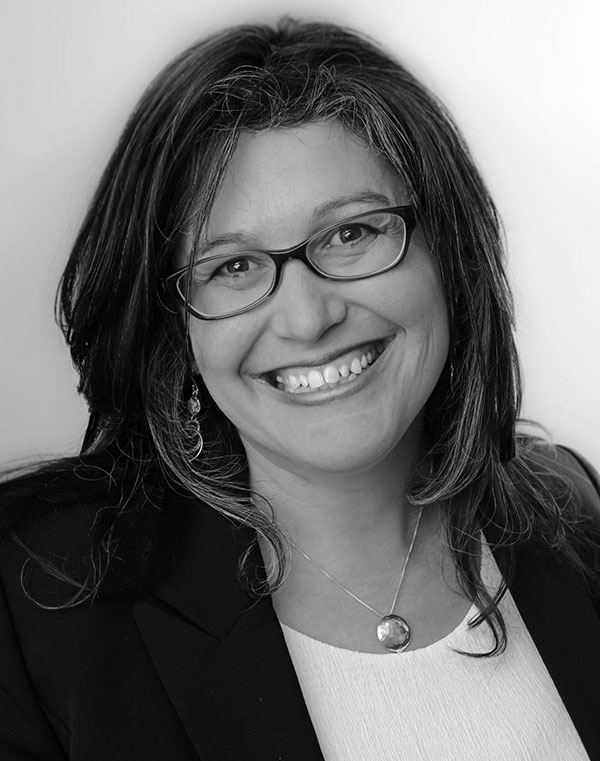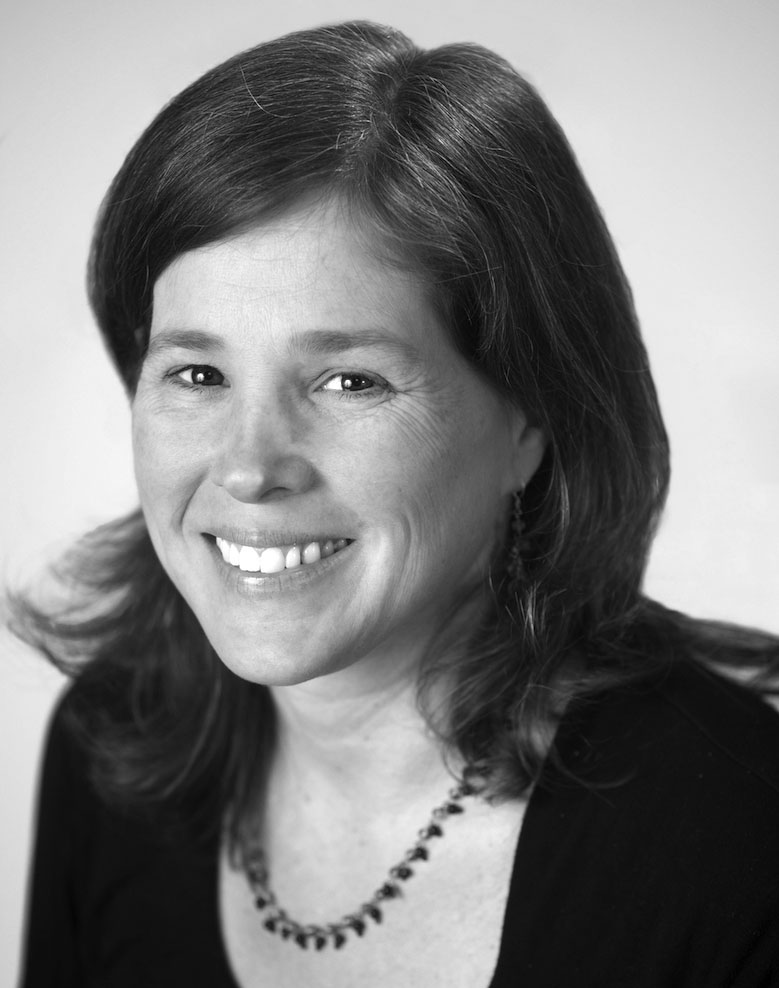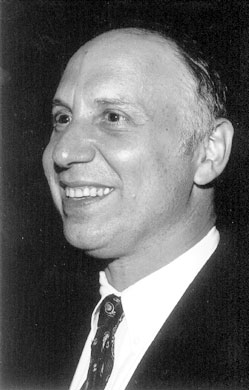
2000 Covenant Award Recipient
David S. Silber
Rabbi David S. Silber was born and raised in New York City, where his family’s achievements stressed both Judaic and secular education. His parents, both children of immigrants, received their secular education in New York at City University and Hunter College, and both pursued graduate degrees at Columbia University. His maternal grandfather was a noted Talmud scholar at the Volozhin Yeshiva in Lithuania, where his great-grandfather had also taught. After immigrating to the United States, his grandfather ran a small kosher bakery in Manhattan and, with the help of David’s grandmother, their home became a meeting place for the great Talmudists of Europe who lived in or visited the U.S. Through the stories of his grandparents coupled with the academic focus in his own parents’ home, perhaps this is where he learned the perfect ingredients for Jewish education: kneading Jewish texts together with the tradition and the sensibilities of the modern world.
While his formal elementary and secondary education experiences at Modern Orthodox day schools were negative, these episodes provided him with the impetus later to build an institution that, conversely, reflected the values that were anchored in his home and his synagogue. In synagogue, initially reluctant, David regularly participated in small group study. It was here, one Shabbat afternoon, as a young teenager, where his fascination with the study of the Bible was secured. A young teacher brought in a small book entitled The Documentary Hypothesis by Professor Umberto Cassutto. When David read it, the Bible began to make sense.
As a high school student he chanted the weekly Torah reading in his synagogue. Later, he entered and became a finalist in the National and International Bible Contest, and as a result, was able to study in Israel at Yeshivat Keren B’Yavneh. Upon his return, he studied at Yeshiva College and Rabbi Isaac Elchanan Theological Seminary. It would be only a few years later that he would take on the role of the teachers he had respected; teachers who led him towards helping others make sense of Judaism and the world surrounding them.
Upon moving to the West Side of Manhattan in 1976, he taught a text class at Lincoln Square Synagogue and began a Bible study group which lasted for seven years. He taught others the techniques he had developed as a way to probe the Hebrew Bible and to understand different approaches to Jewish life.
In 1979, he founded the Drisha Institute, first, to advance his own learning and, then, to address the need for quality Torah study for women. As the Founder and Dean of the school, he is responsible for the creation of programs within Drisha including the Summer High School Program, the Scholars’ Circle (which received support from the Covenant Foundation in 1991), Ha Sha’ar (with Devora Steinmetz, his wife), and the Joseph Straus Institute for Continuing Education. The institution Rabbi Silber has built, along with his work for the Wexner Heritage program (which he has been associated with since 1987), has engaged Jews from differing backgrounds and has sought to symbolize the values that he holds close—seeking an authenticity in and towards Judaism; valuing multiple perspectives; and maintaining a strong commitment to the community that he has served so well, and for so many years.
From Rabbi David Silber’s Statements of Motivation and Purpose:
“In retrospect, the primary influence in my choosing a career in Jewish education were my mother and father. My mother’s father and grandfather were scholars at the Volozhin Yeshiva and even after immigrating to the United States, my grandfather, with my grandmother’s help, kept that tradition alive by opening their home to the European Talmudists who lived in or visited this country. I grew up listening to stories about this household—stories that were often confirmed in my younger years by teachers who had been befriended by my grandparents; they repaid my grandparents by helping me.
In thinking about my formal elementary and secondary education at Modern Orthodox day schools, remarkably, not one positive incident stands out in my mind. The lack of positive values, the push to conform, the emphasis on externals, and the hypocrisy of the administration would have soured me on Judaism altogether (as it did so many others) if not for my family’s ties to Judaism and my involvement in the synagogue. Ultimately, the one thing I took from high school was this: never to build an institution which in any way reflected the values of my high school.
Following high school, I spent a year of study in Israel at Yeshivat Keren B’Yavneh, as a result of being a finalist in the International Bible Contest. My parents put me on a plane to Israel where I was met (and cared for during my stay) by a distinguished elderly Rabbi Meltzer, who many years before had lived in my grandfather’s house for four years. This experience was a formative one. It was a place of authentic learning and real commitments. I was there during the 1967 war and watched my fellow Israeli yeshiva students serve in the army. People were committing their lives to something they strongly believed in. I was so moved by my learning and communal experience at Keren B’Yavneh that I stayed for a second year.
I then returned to New York City to study with Rabbi Aharon Lichtenstein and Rabbi J.B. Soleveitchik. I studied with these two great thinkers and teachers for seven years. They exemplified a precision of thought, and an awareness of, if not always an acceptance of, an external world. It was at that time that I committed myself to a life of learning and teaching.
Founding Drisha Institute in 1979 brought me to a new level of teaching and community. Though I founded Drisha as a vehicle for furthering my own learning, I quickly discovered a hunger for learning among a population that had been grossly underserved—women. I believe that every human being should be able to develop fully as a spiritual being and that Torah study, from a Jewish perspective, is a necessary component of spiritual growth. Throughout the years I have remained fiercely committed to the ideal that every woman, regardless of background or level of knowledge, should feel respected and heard at Drisha. Women at Drisha demonstrate time and again that exposure to multiple perspectives only enriches and enhances Torah study.
All of my experiences and exposures to different types of people have contributed to my strong belief that there is more than one authentic way to be Jewish and that people who learn Torah together can also learn from and about each other. In truth, my real goal is to share and inspire a more reflective and thoughtful Judaism, a Judaism embedded in deeper understanding of Jewish text and tradition and its relationship to the present moment. It is to that end that I dedicate my energy.
From his Letters of Support:
“Rabbi Silber pulled back the curtain on my experience of Jewish learning. [He] managed to convince us, a group of fifteen- and sixteen-yearolds, that we were serious learners and that our participation in Torah study was crucial to the Jewish nation. Drisha had inspired in me a new sense of myself as an authentic student of Jewish texts. Now, in my third year of the Drisha Scholar’s Circle, Rabbi Silber has continued to be an inspiration. As an educator, he mesmerizes his students by his uncanny Torah insights which are so intuitively true, that once stated, they seem obvious. As an administrator, he has created an inquisitive, open, pluralistic learning environment at Drisha that is remarkably unmuddled by institutional or denominational self-consciousness. He constantly demonstrates that one can be both committed and questioning and that an openness to other people and ideas is not a compromise but a triumph.”
Wendy Amsellem
“Rabbi Silber is most unusual in that he is a dreamer who is also a pragmatist, a scholar who is a gifted teacher, a builder who goes out to raise the funding. He is indefatigable, whether leading a community in prayer for the high holy days, jumping on a plane to teach for the Wexner Fellowship, teaching with his wife at a tikun leyl Shavuot in the wee hours of the morning, or sharing a Gemara with one of his children at the end of a long day at Drisha.
I can only imagine what career choices I might have made had there been a Rabbi Silber in my youth. Today, young women have the option to contribute their scholarship and talent to the Jewish world, or to combine them with their secular pursuits. Older women, like myself, who continue to study, find our lives enriched. We are all part of a new community of Jewish women entering the twenty-first century prepared to make Jewish text study an integral part of our lives and to help to enhance the communities within which we live.”
Belda Lindenbaum
“To me, David Silber embodies what it means to be a Jewish educator in the very fullest sense of the term. He stands out as a remarkable educational leader because he combines several qualities, essential for educational leadership: he is a passionate learner and a master teacher; he possesses the vision to see and to respond in action to pressing community needs; he has the energy, practical flexibility, and tenacity to translate his vision into the real life of the community; and he has the courage to build an institution that is uncompromising in its commitment to educational excellence. Any one of these qualities is important and noteworthy. Yet, it is rare to find this precious combination in a single person. As a teacher, at Drisha and the Wexner Heritage Foundation, David respects both texts and students because he takes both seriously. He understands the power of Jewish learning to transform the lives of individuals and to revitalize the Jewish community.”
Dr. Bernard Steinberg
